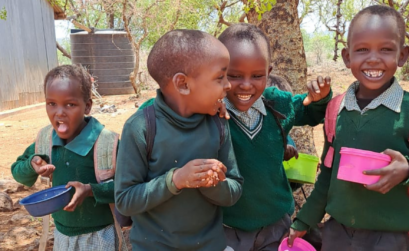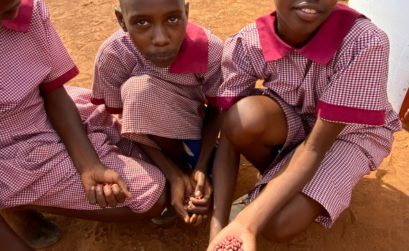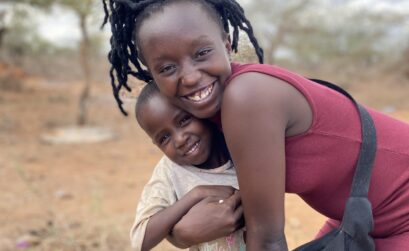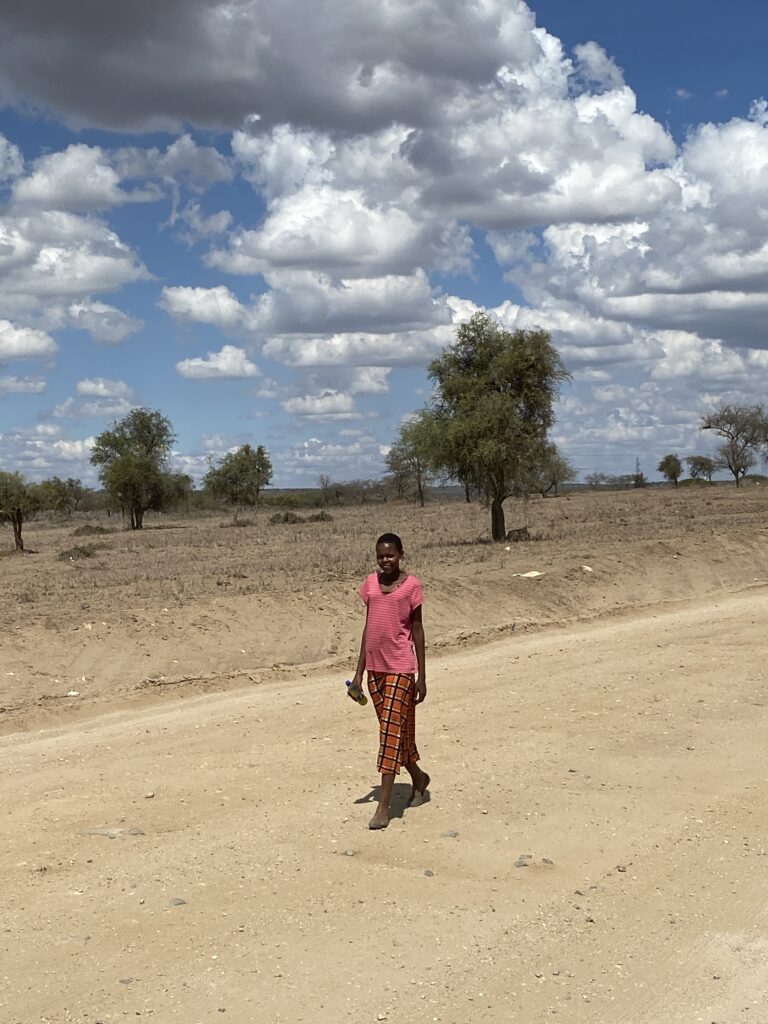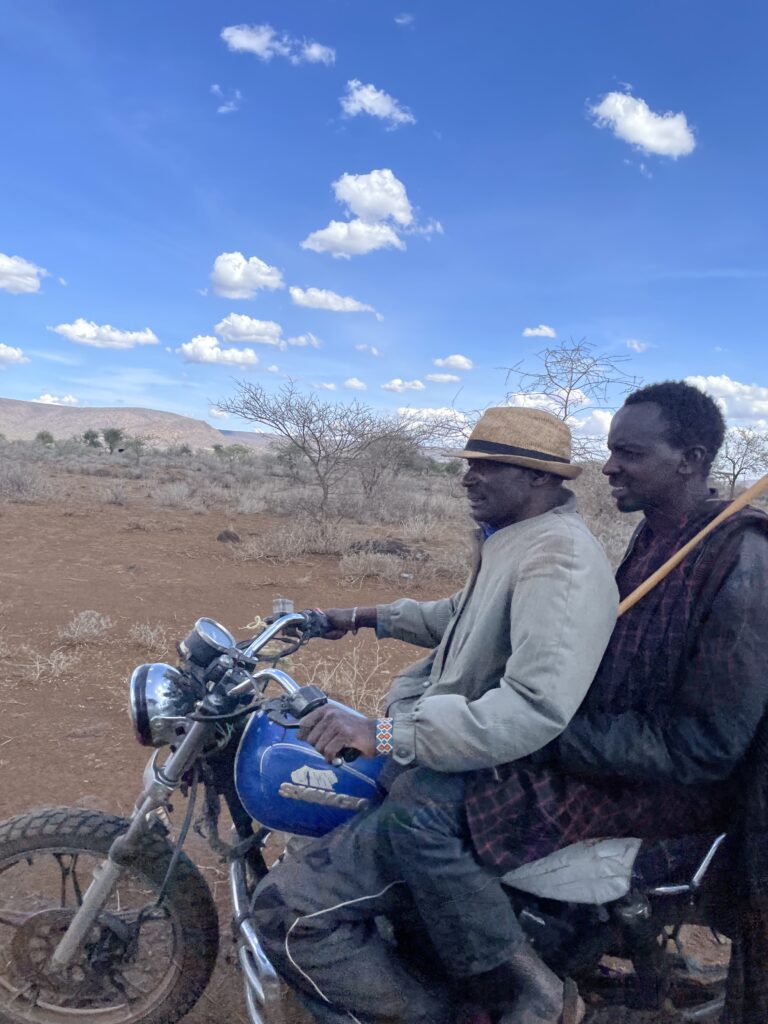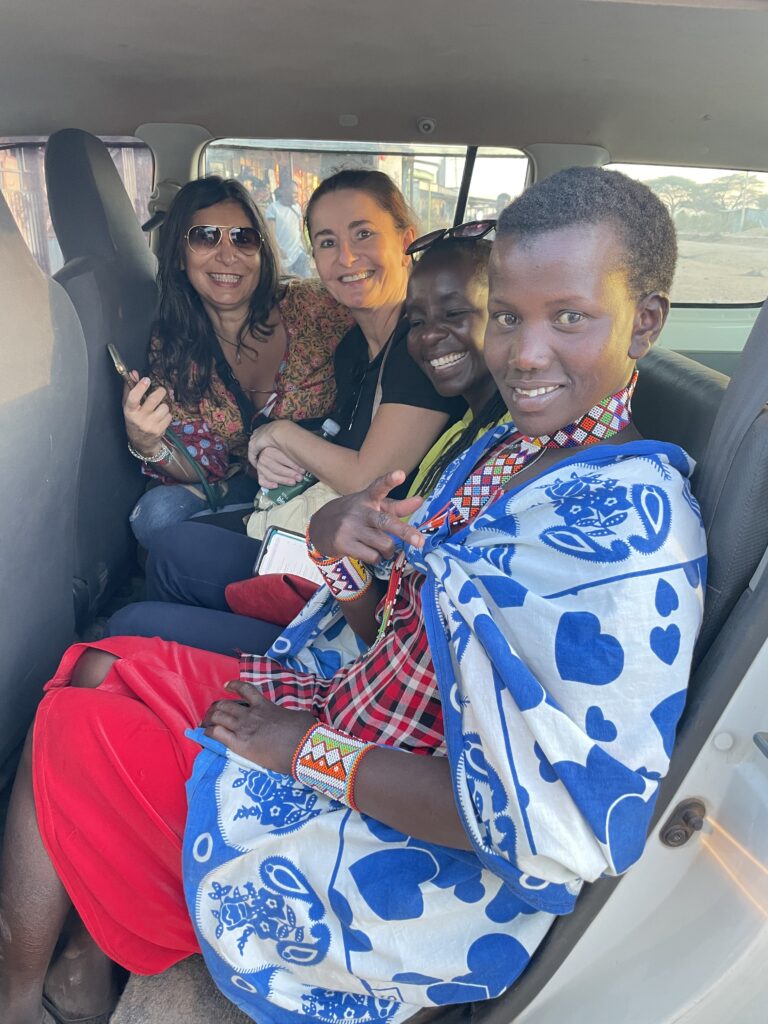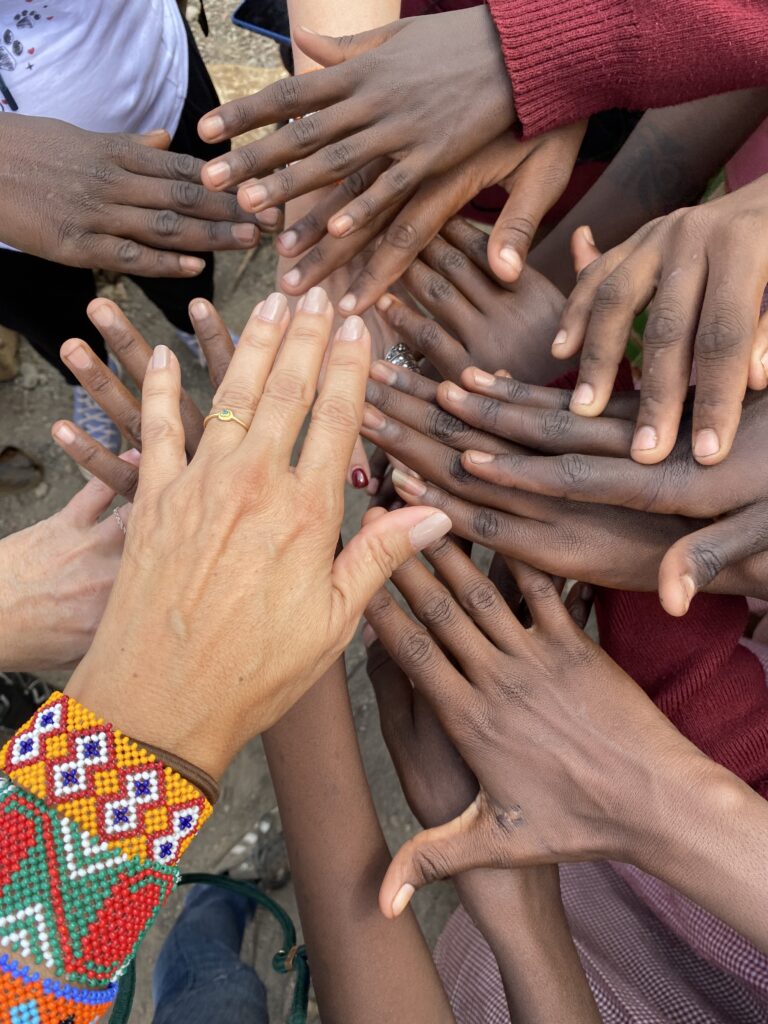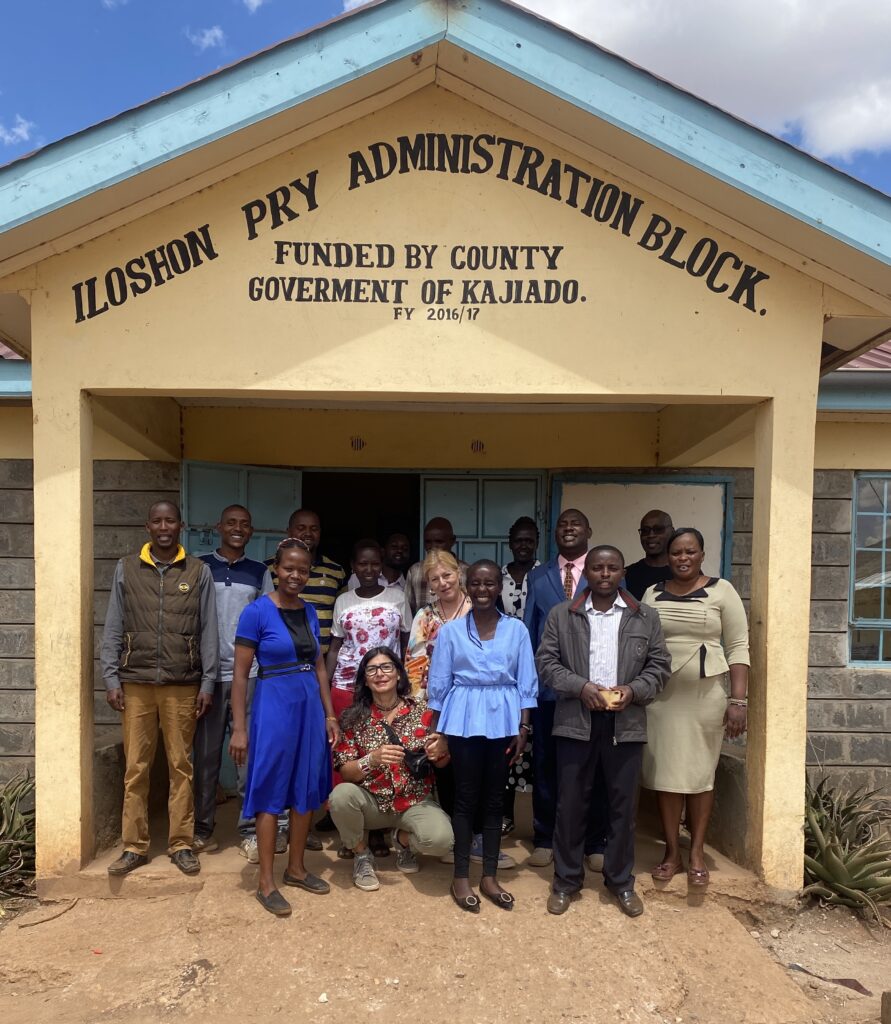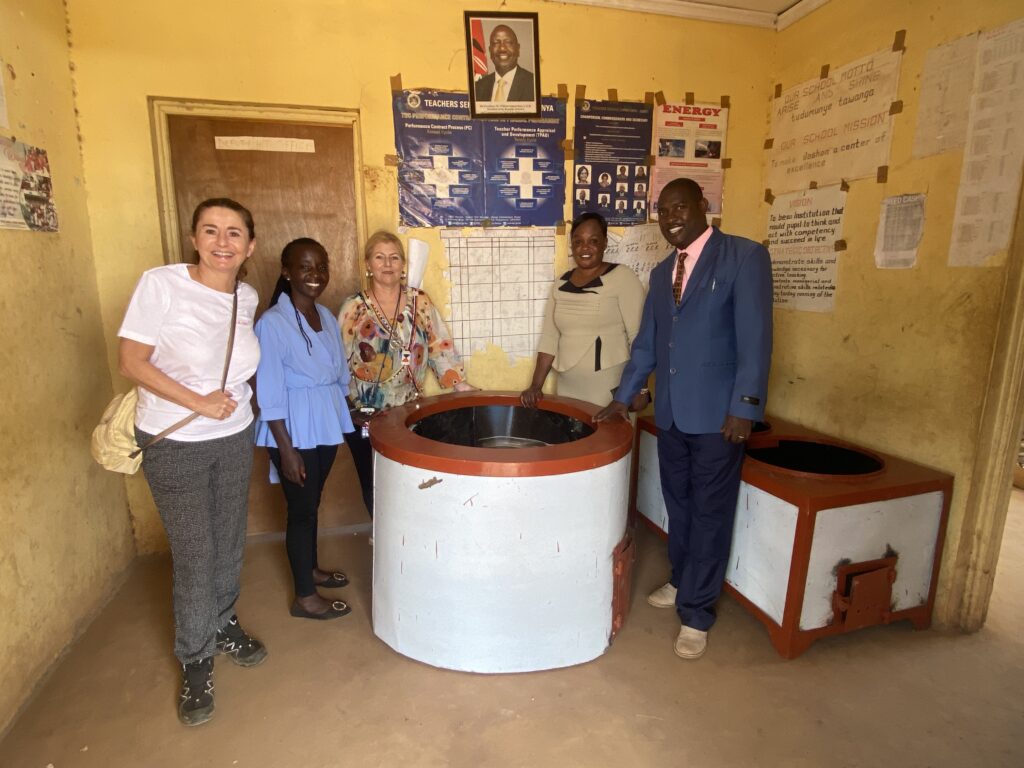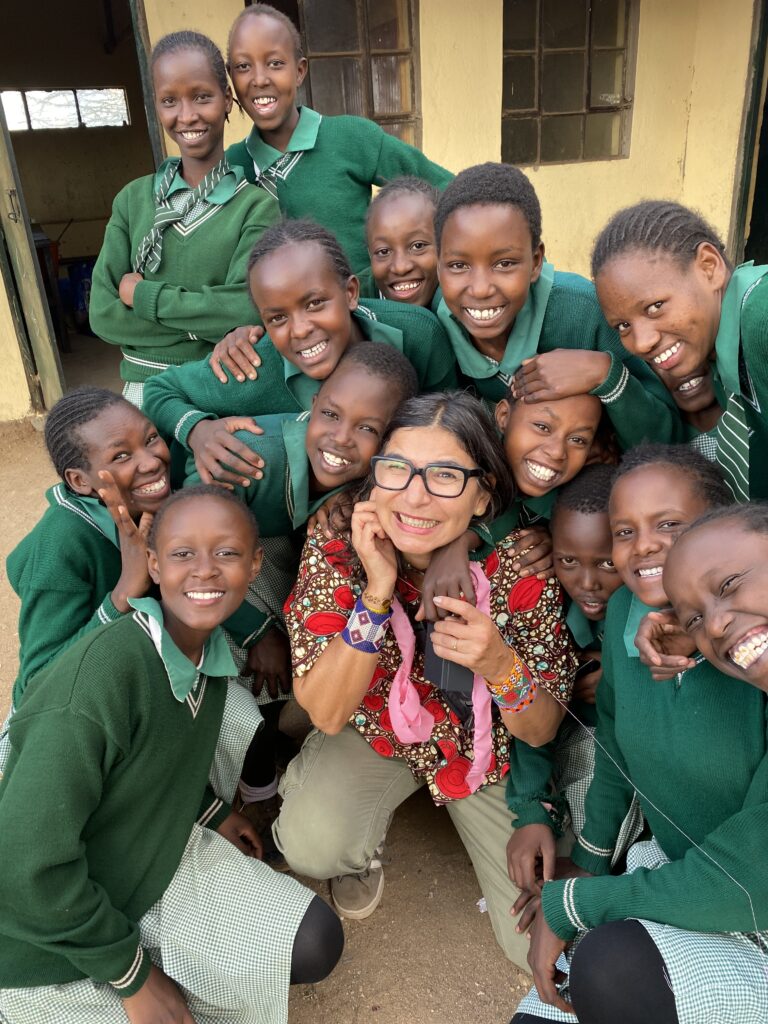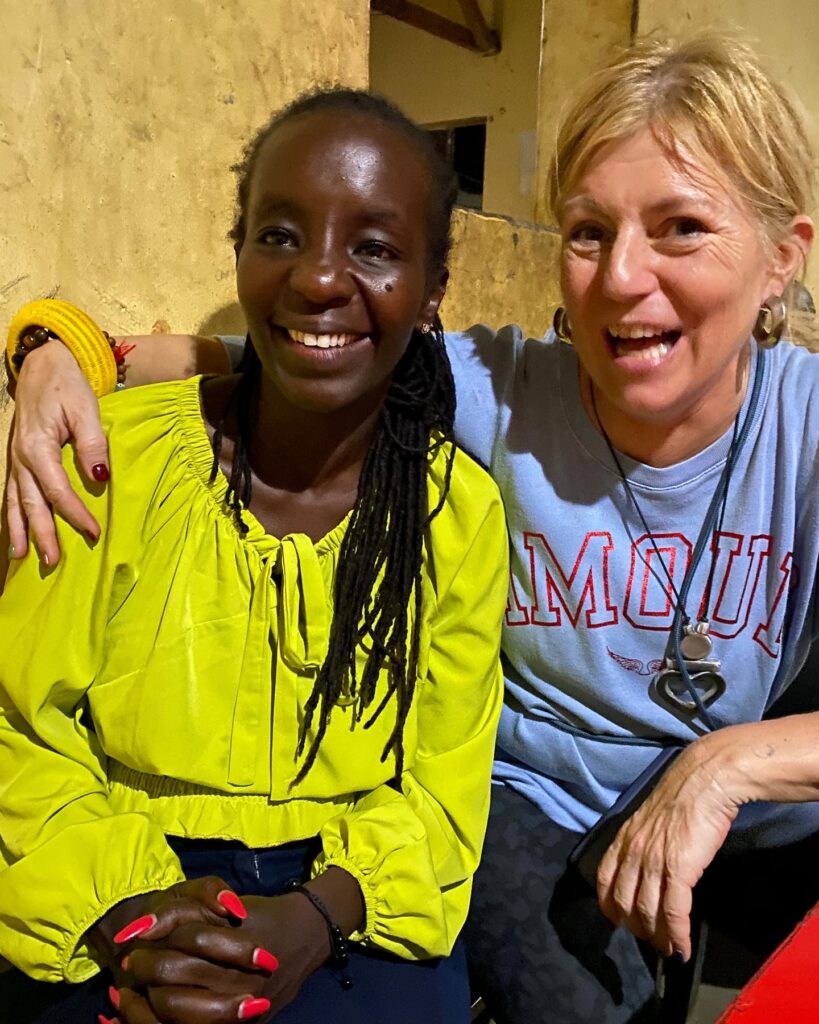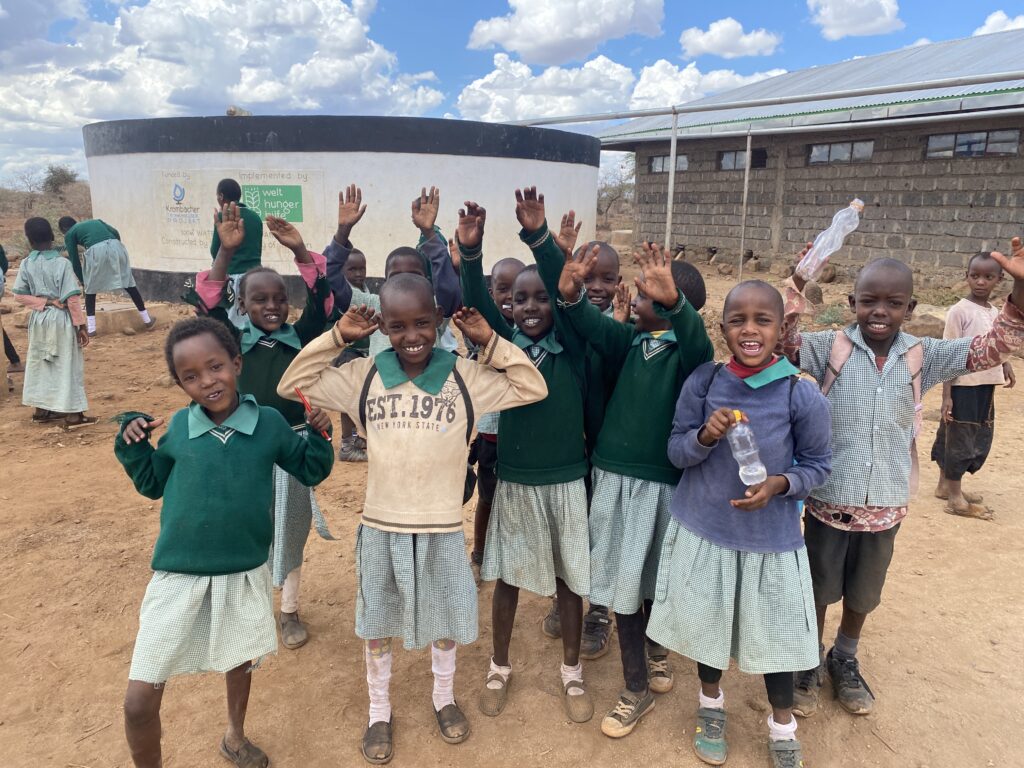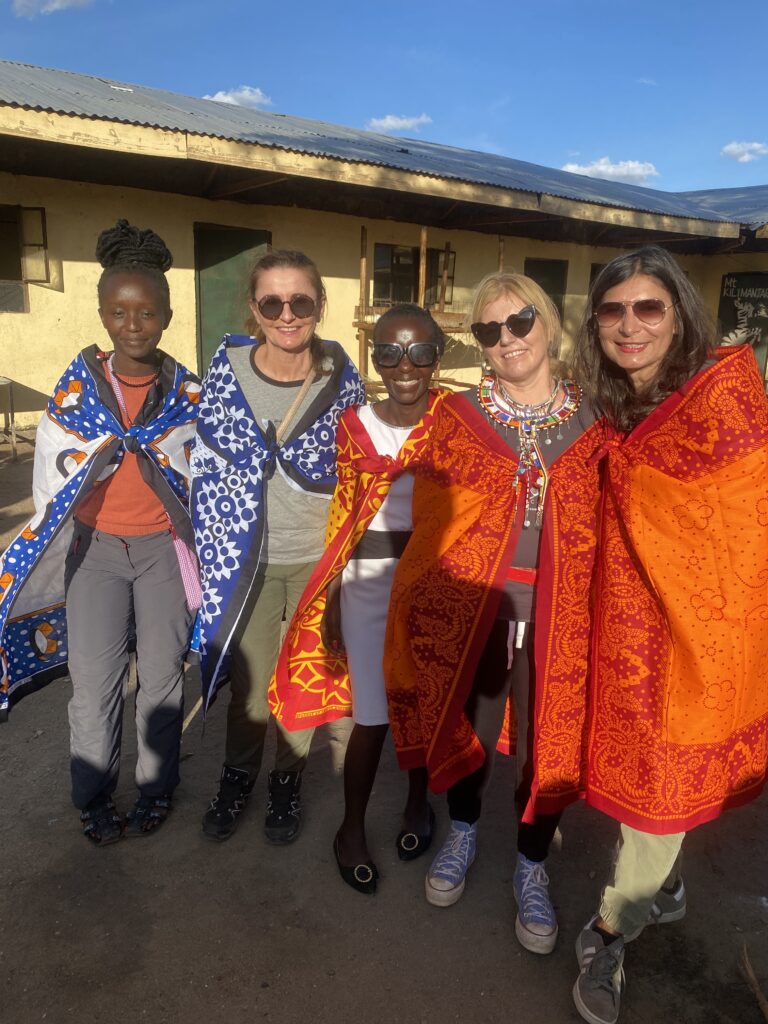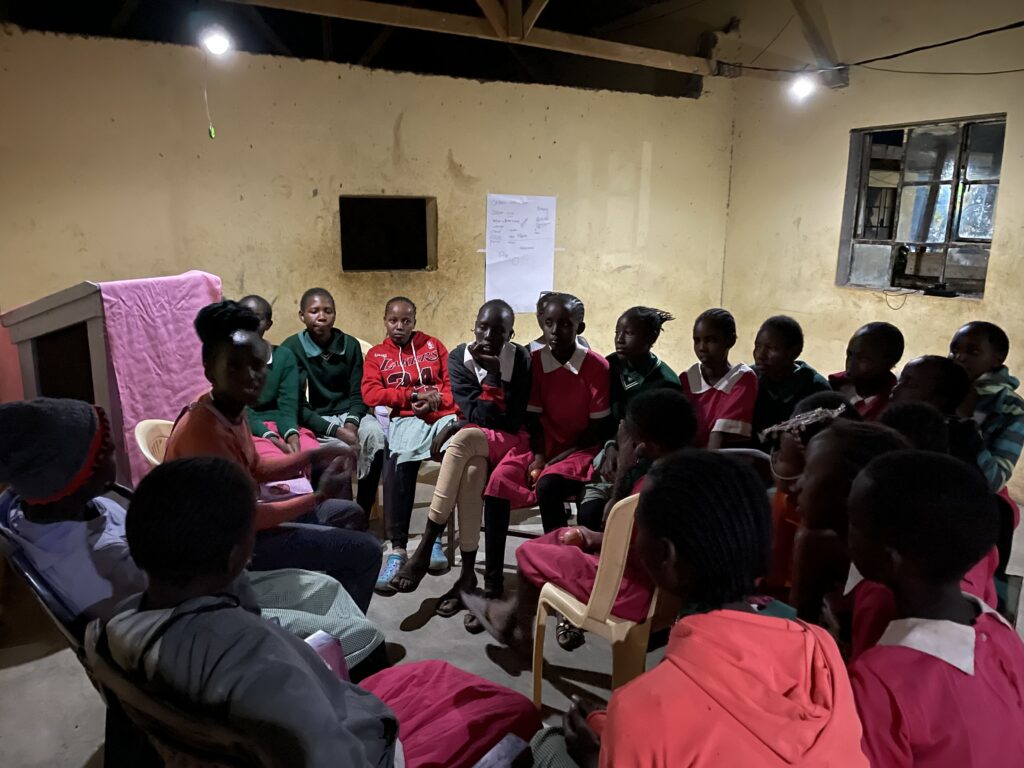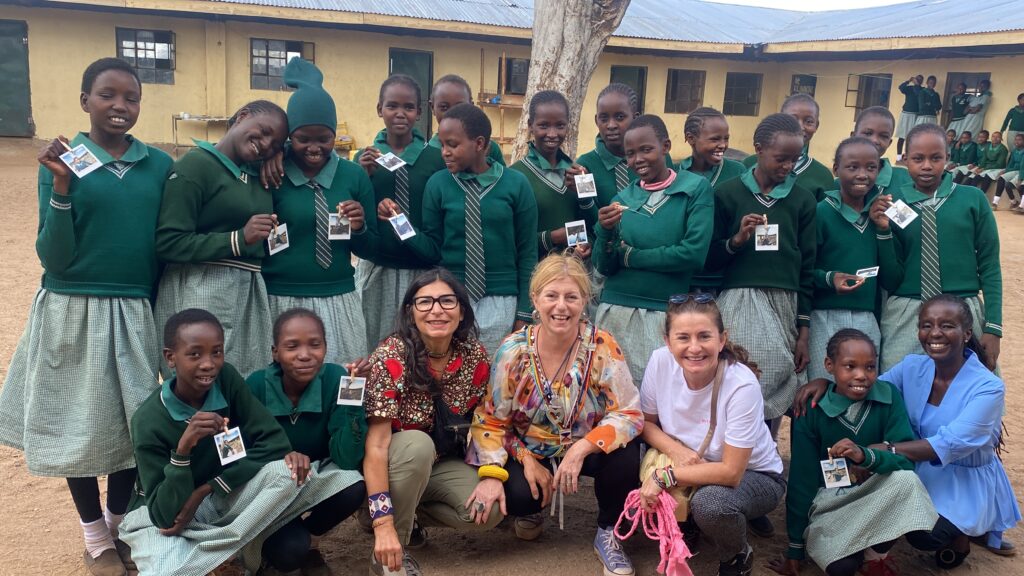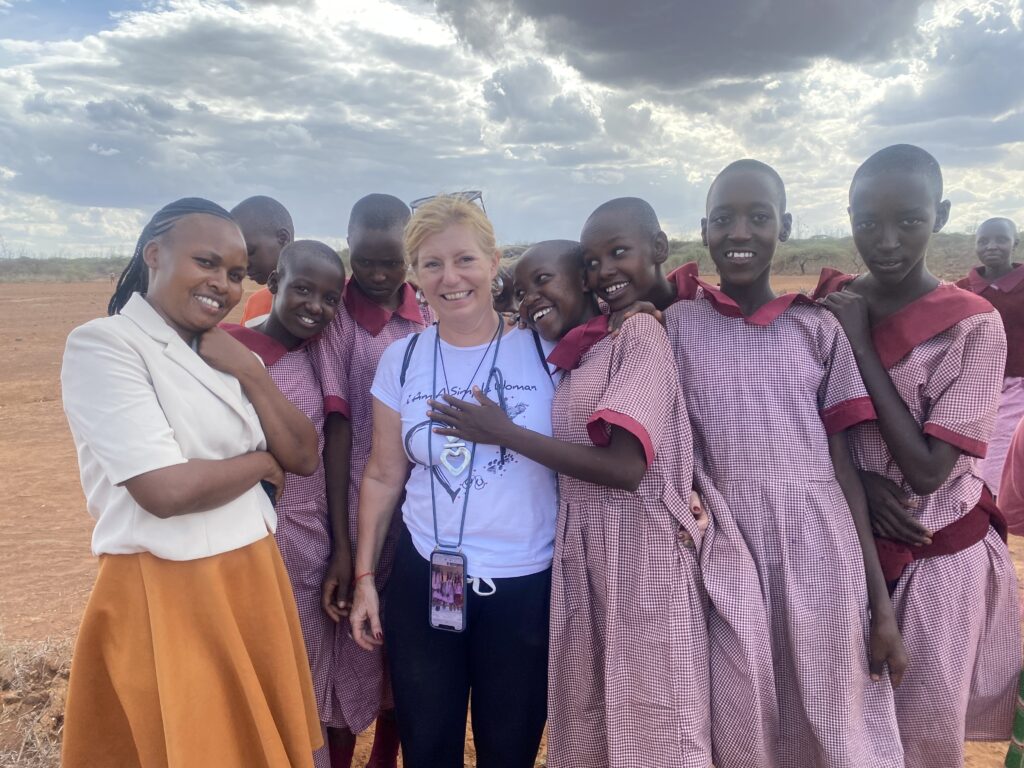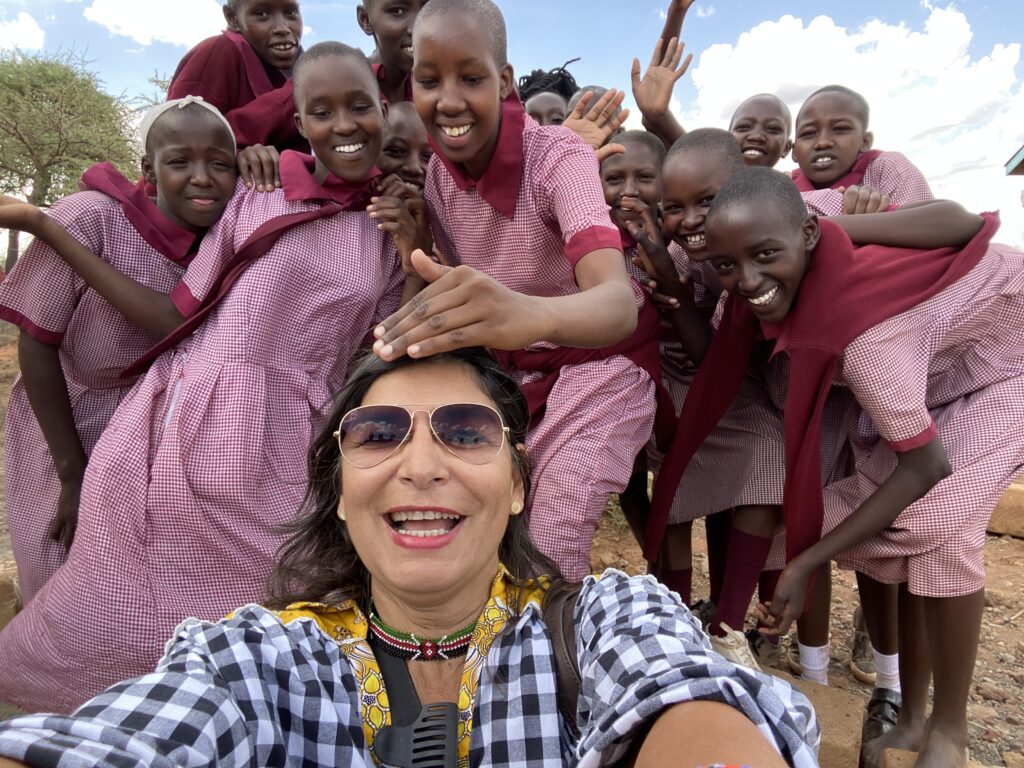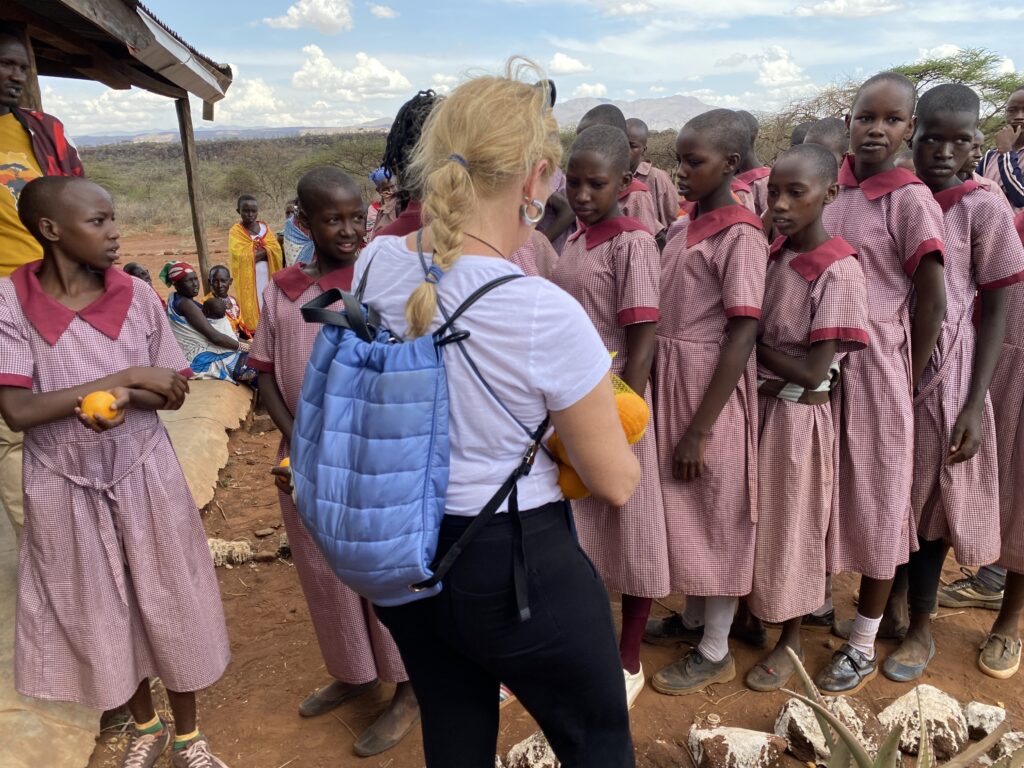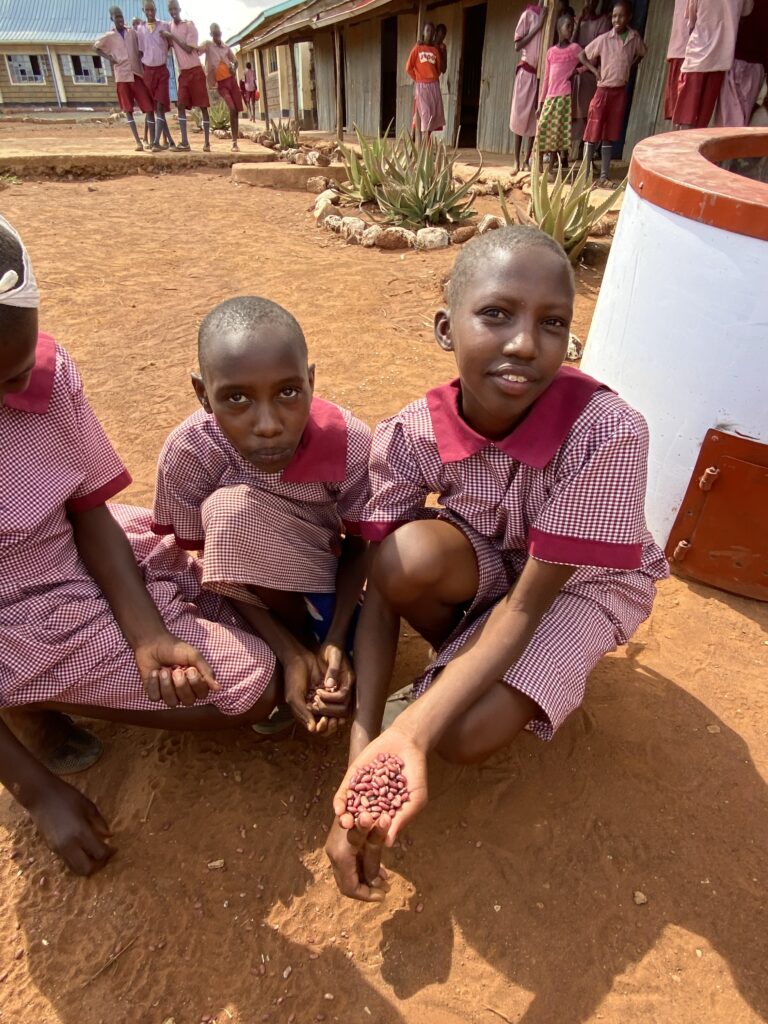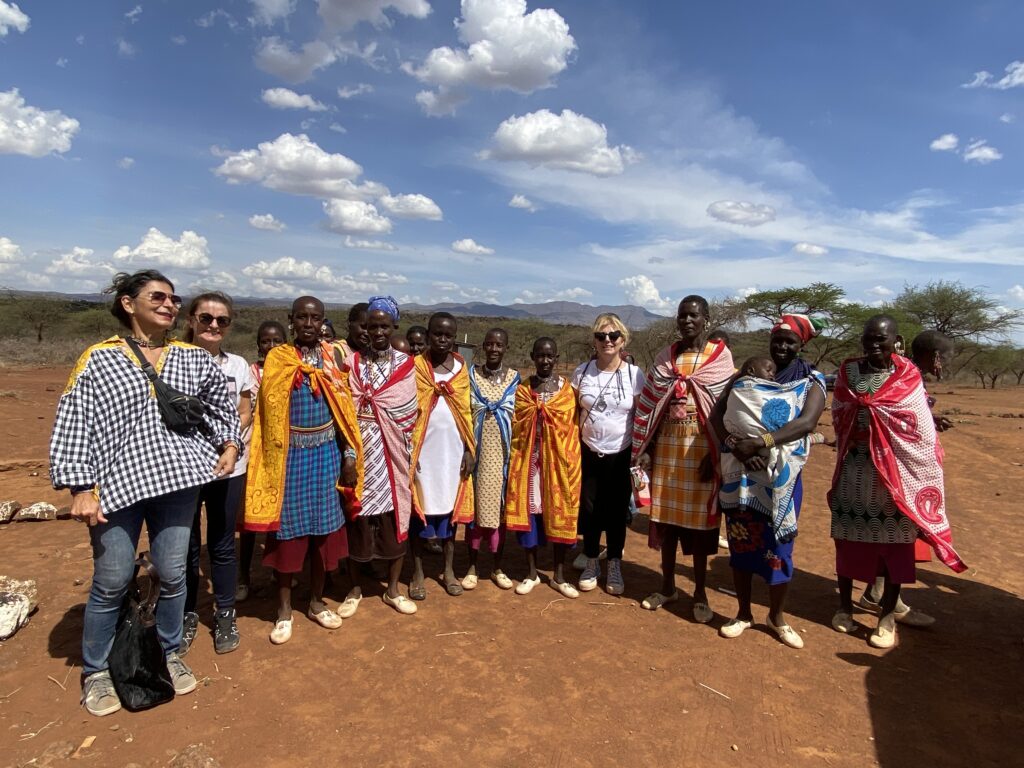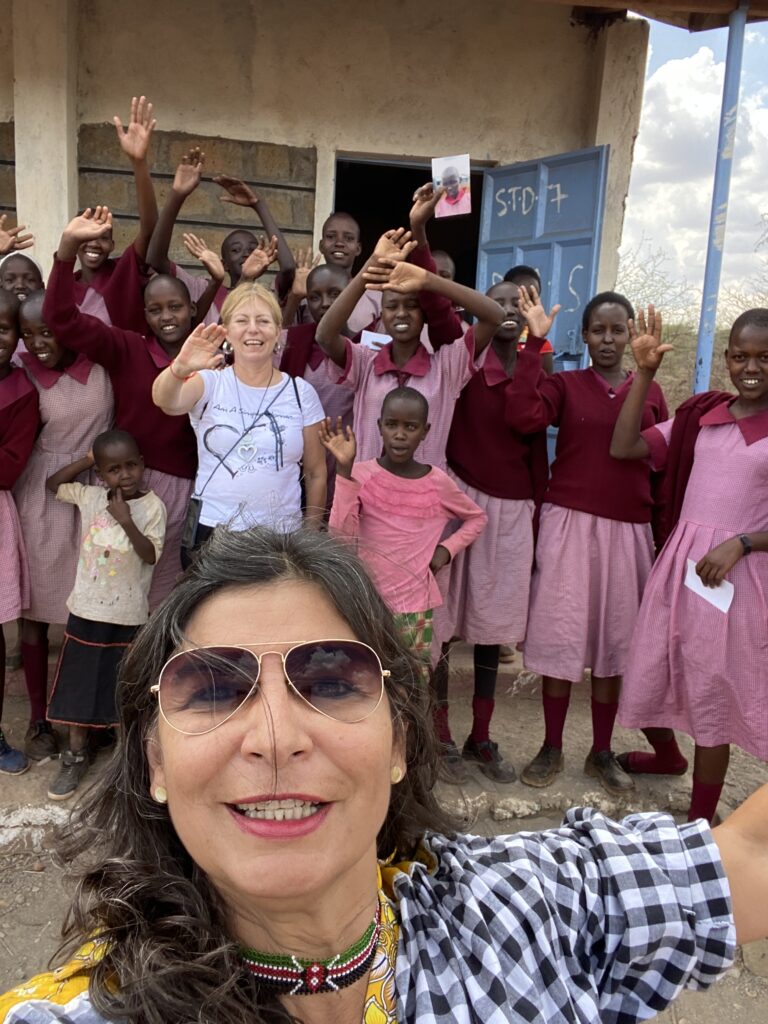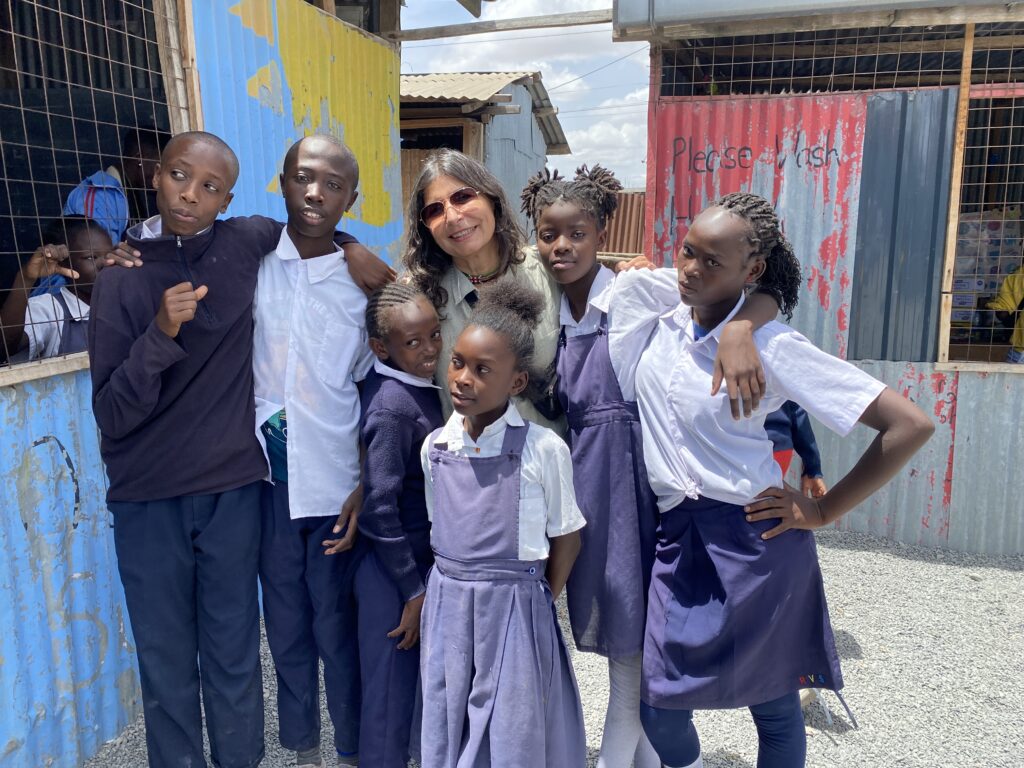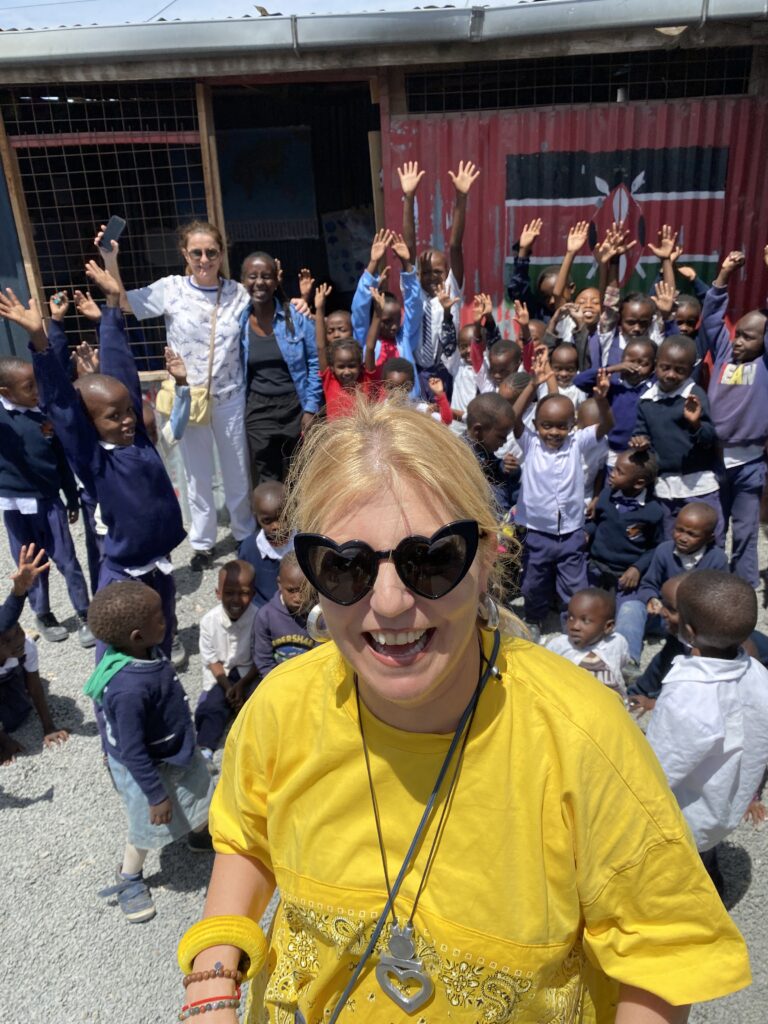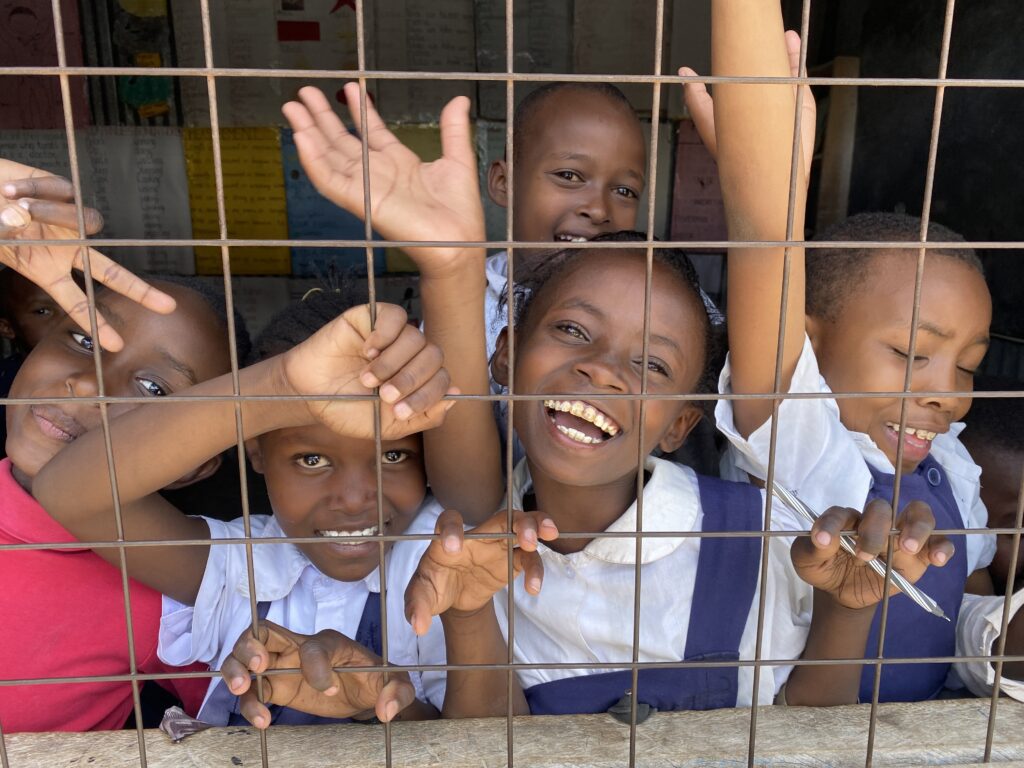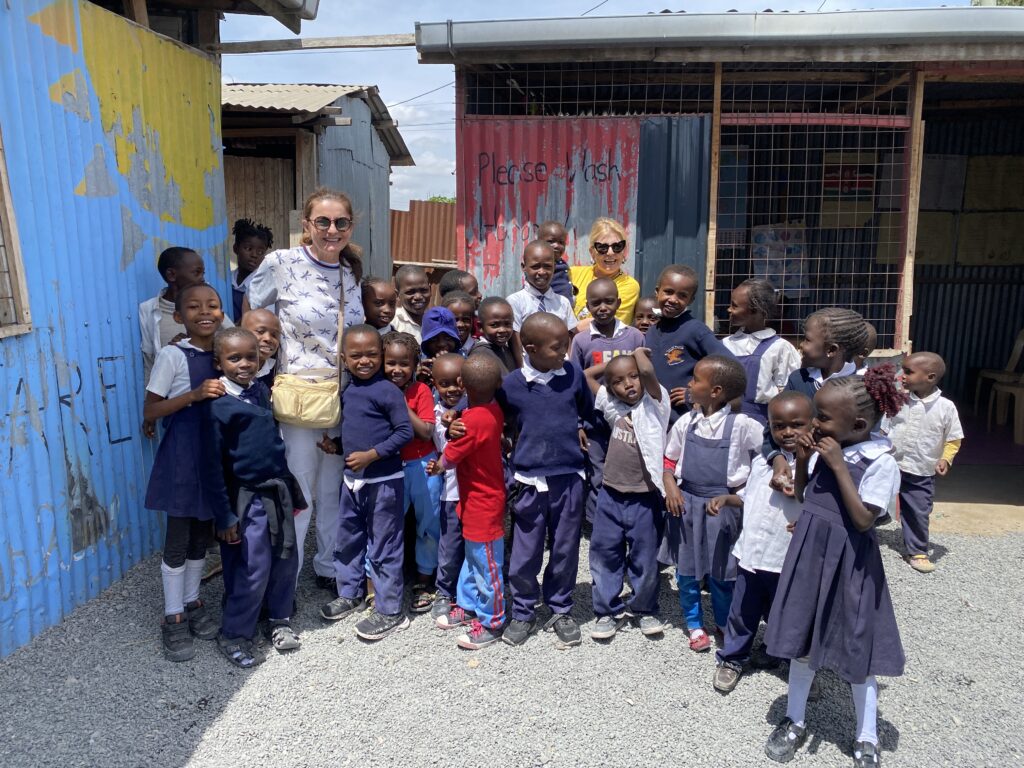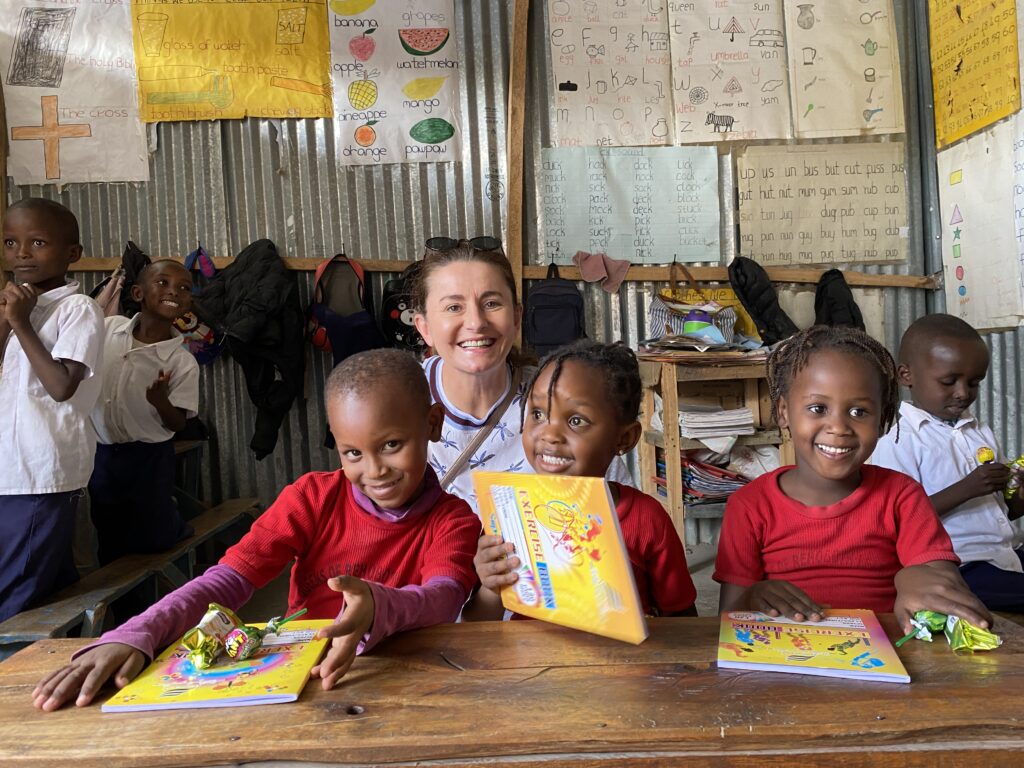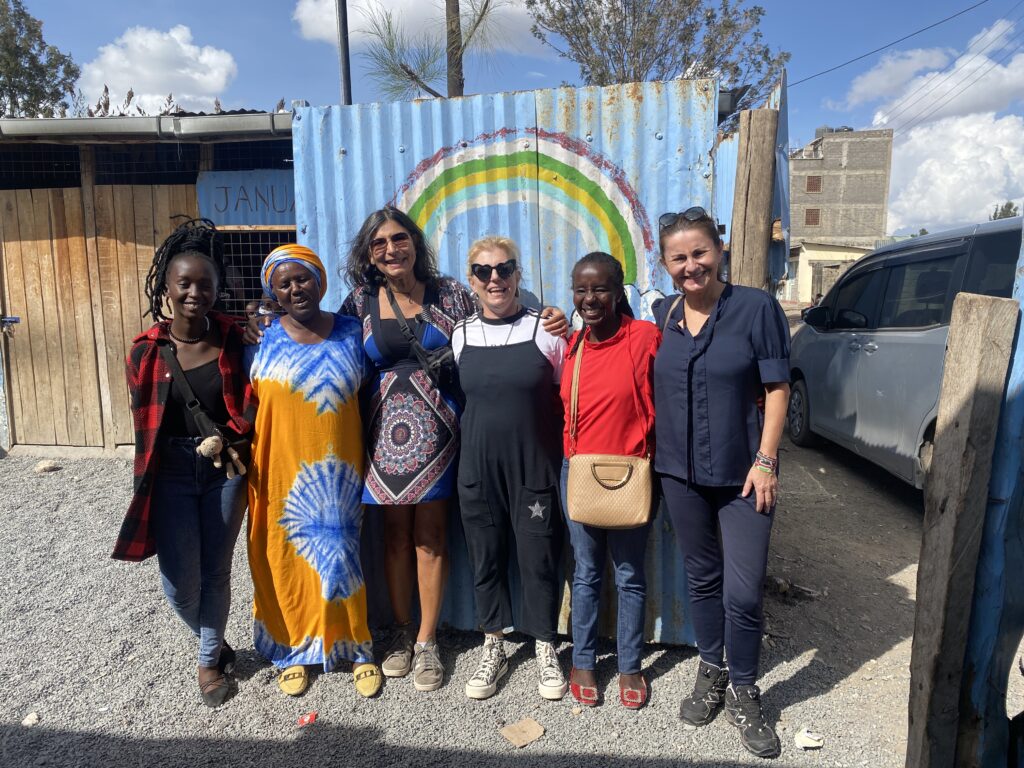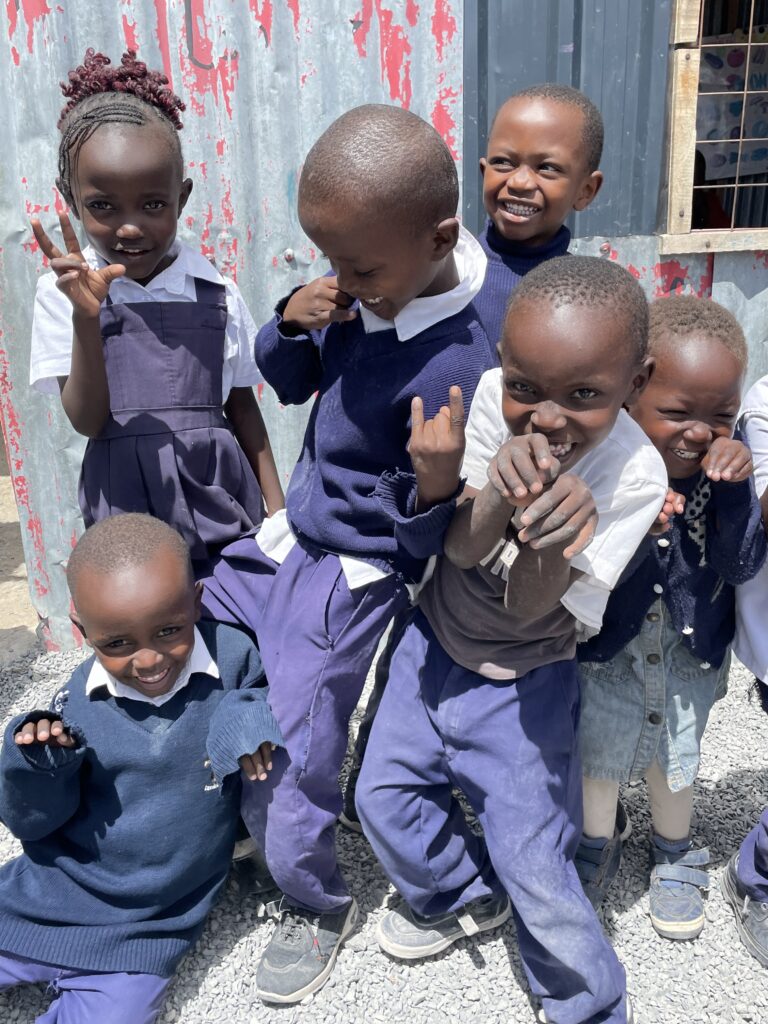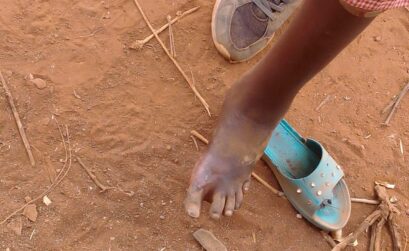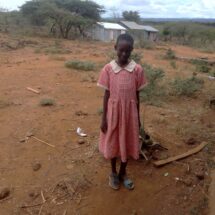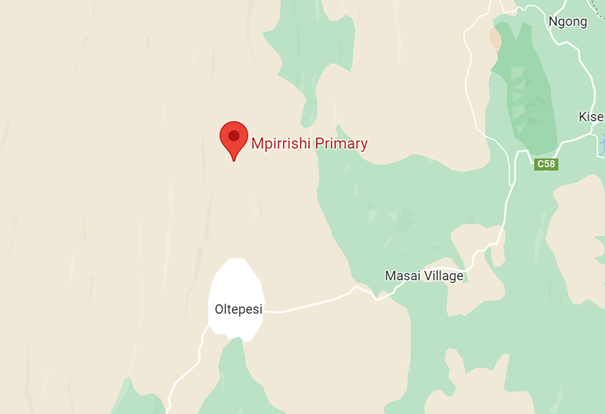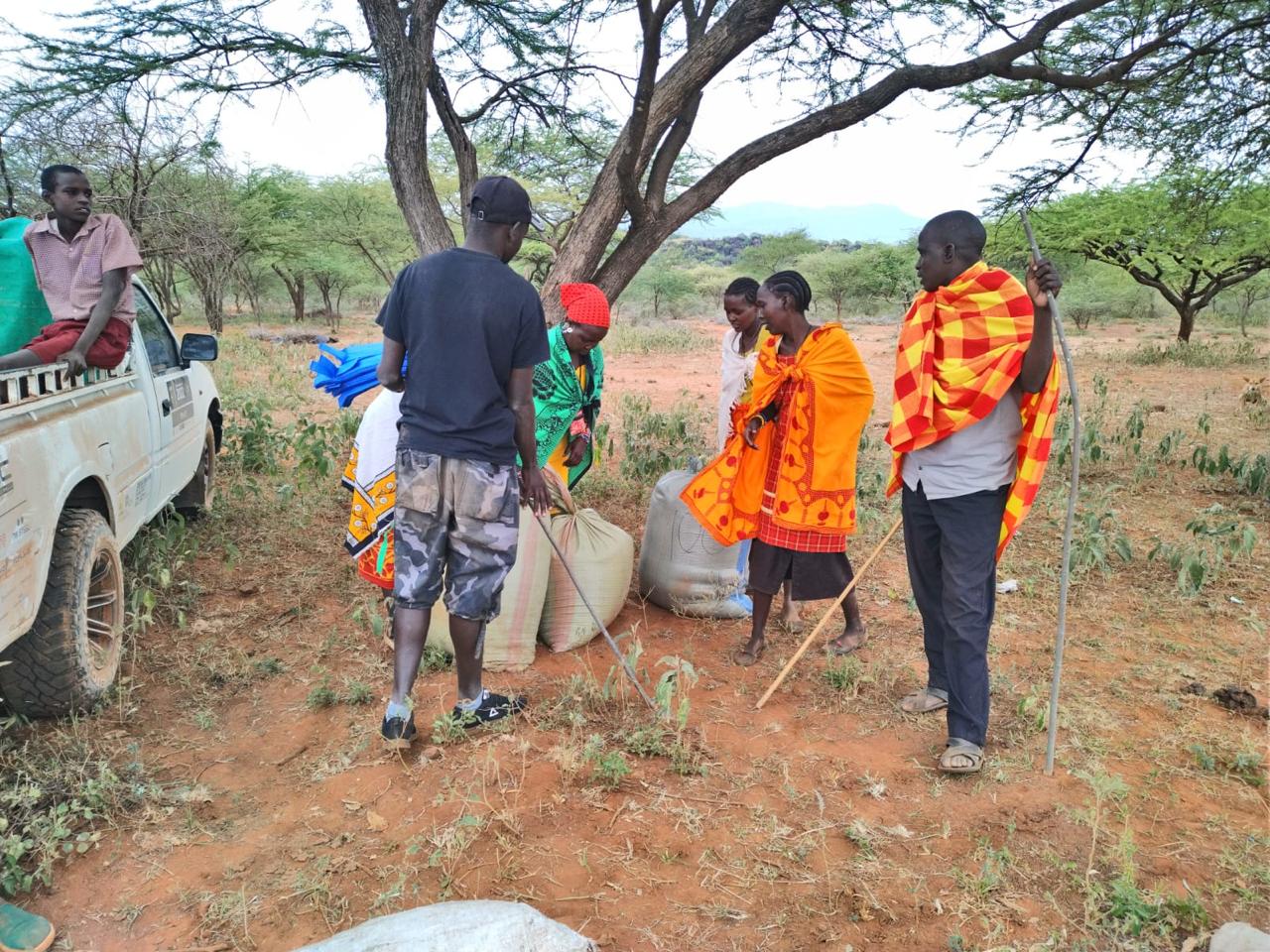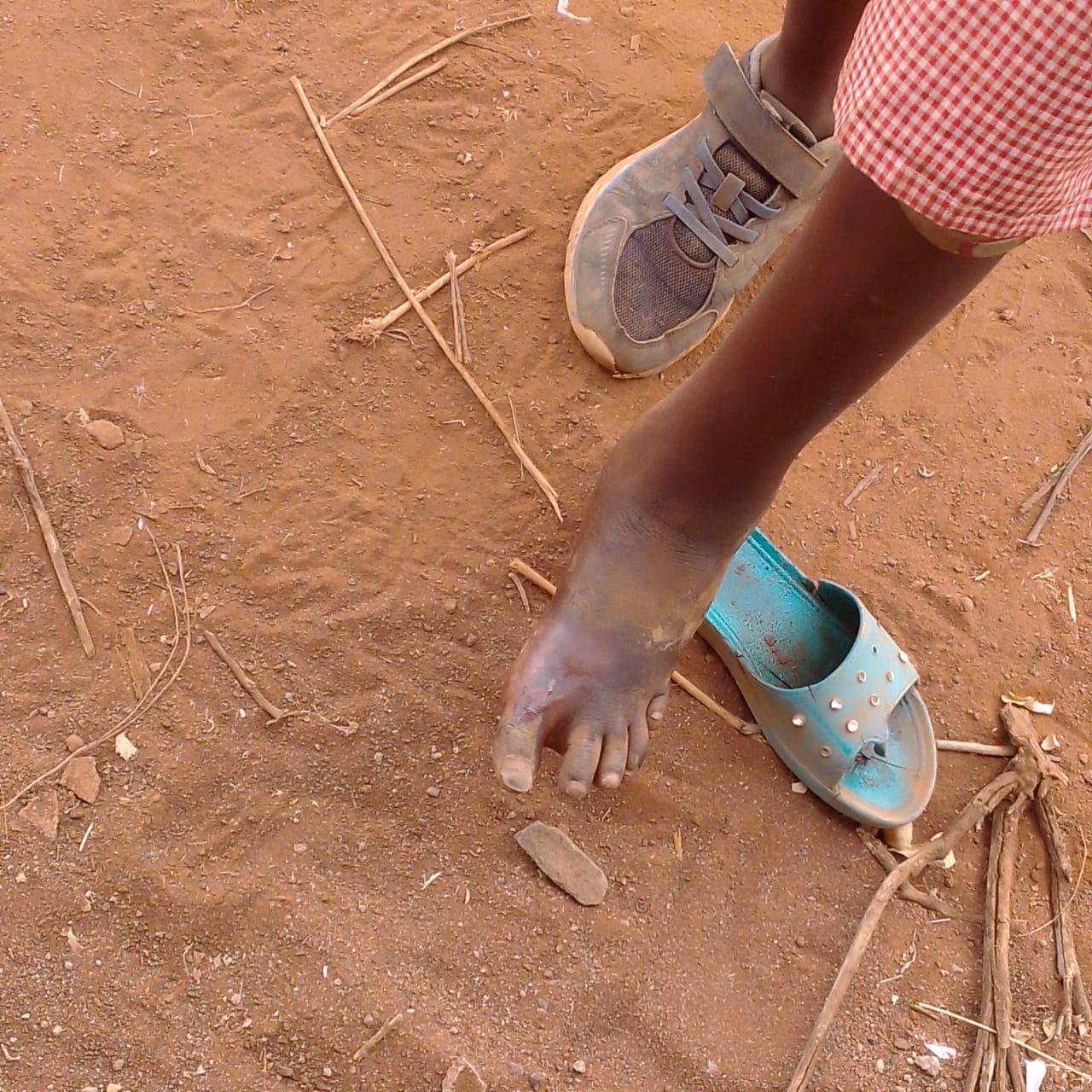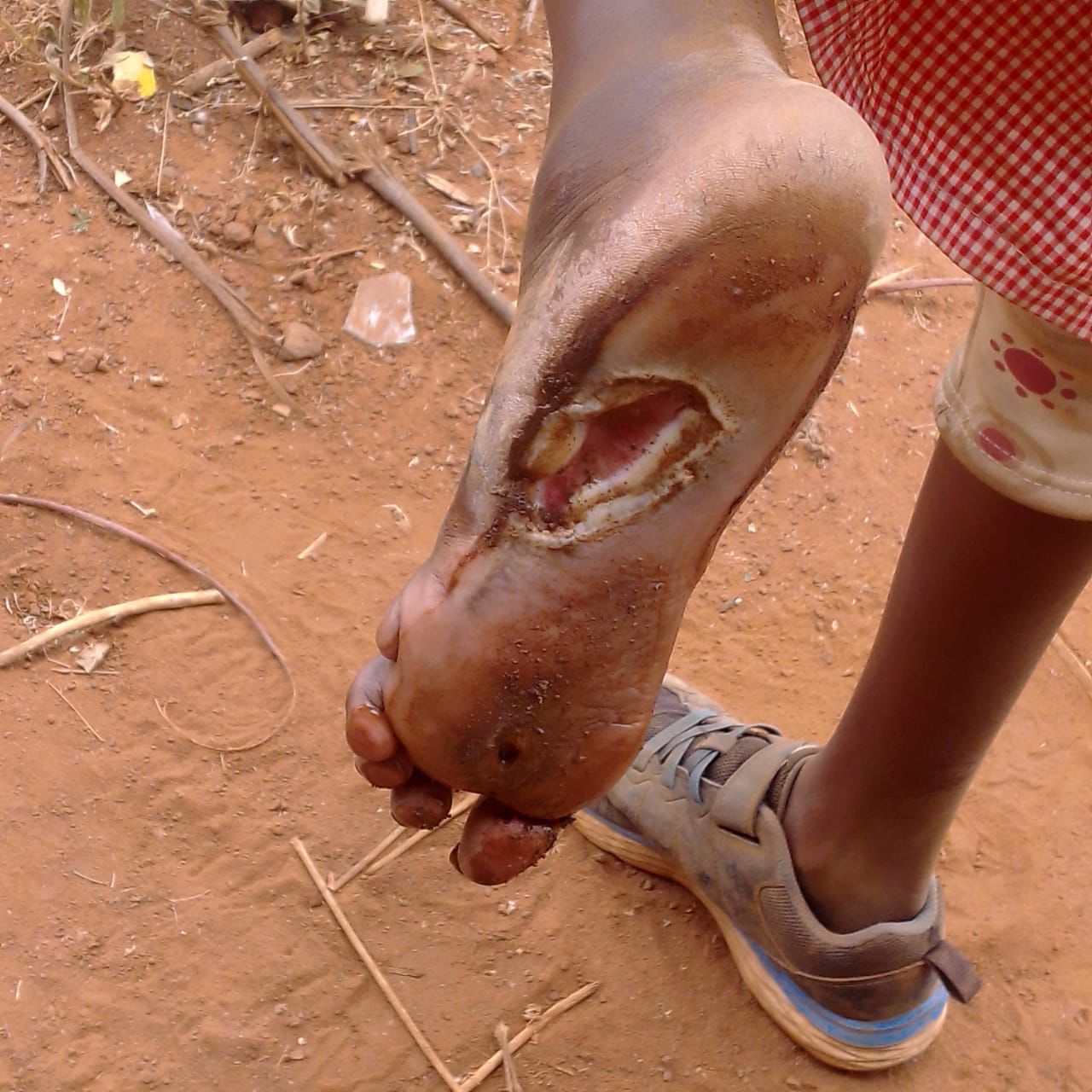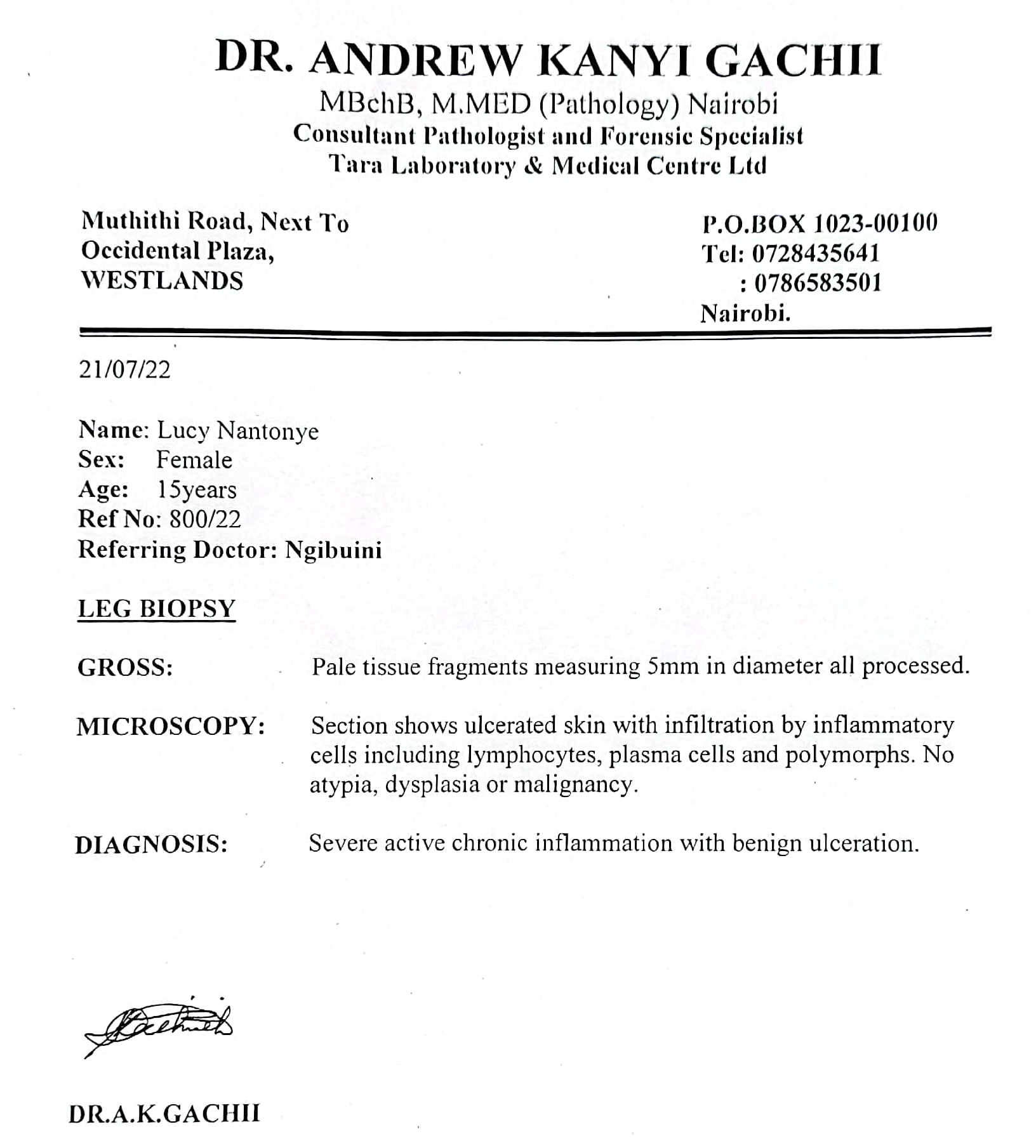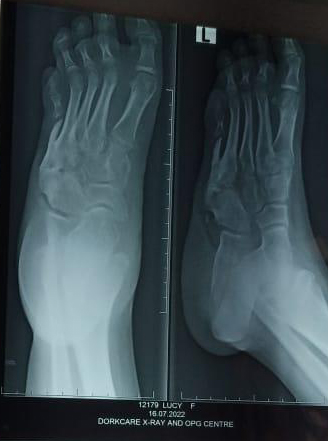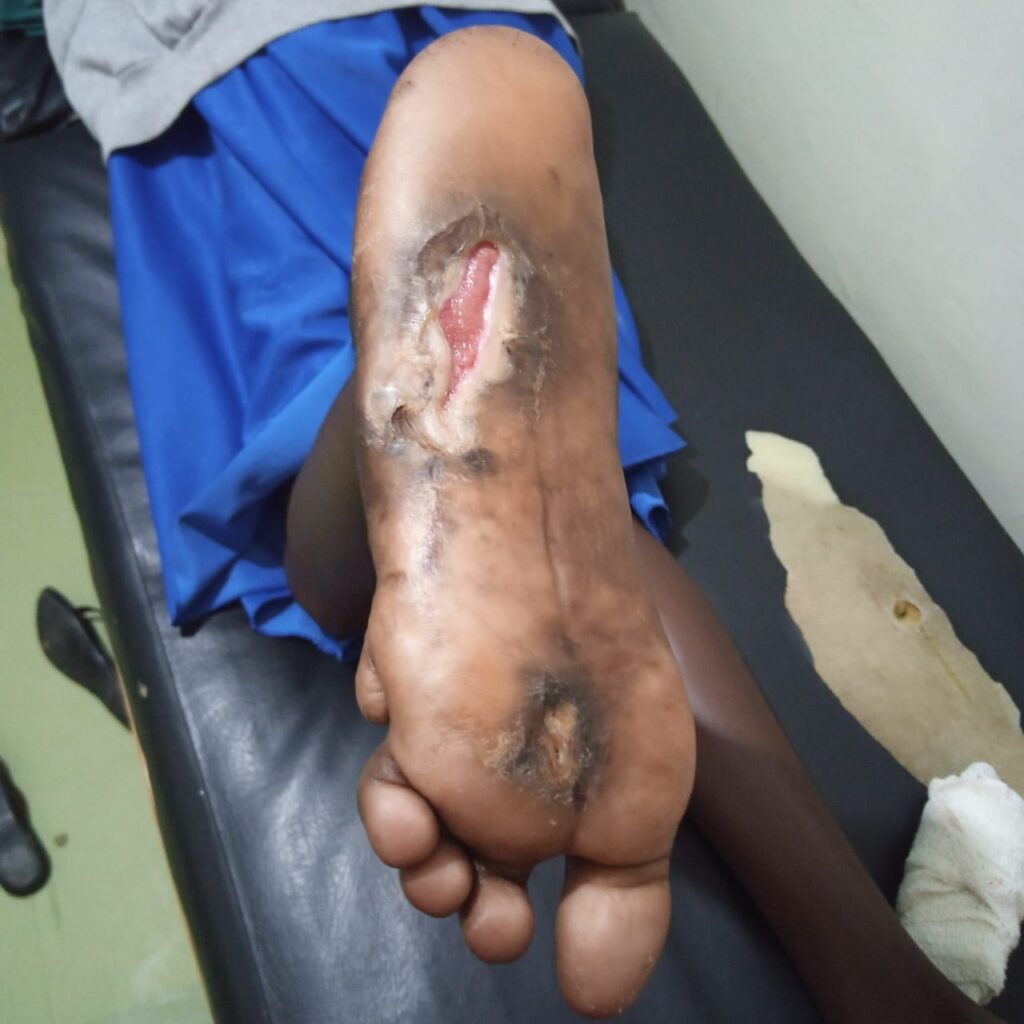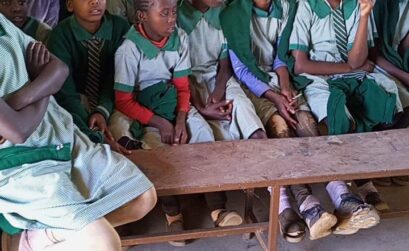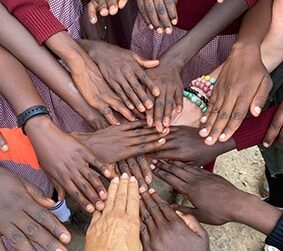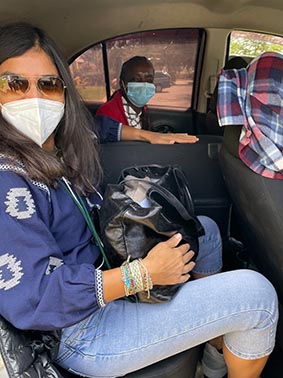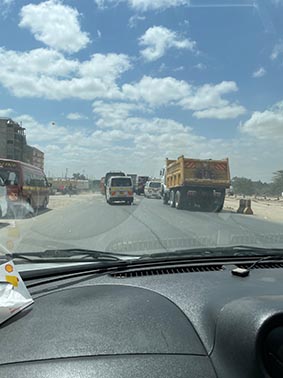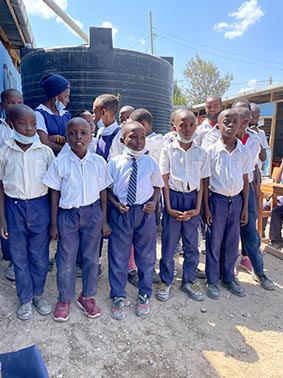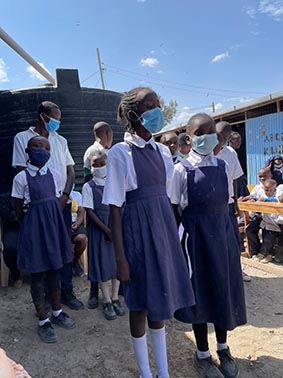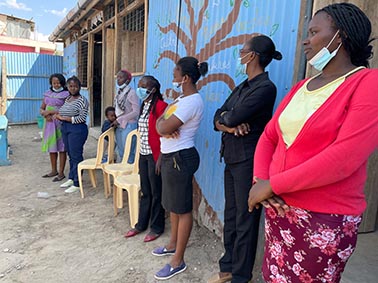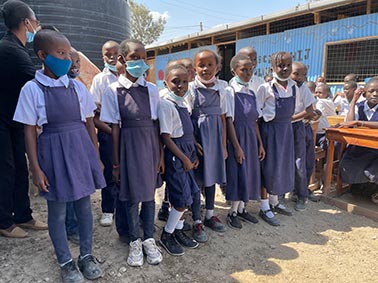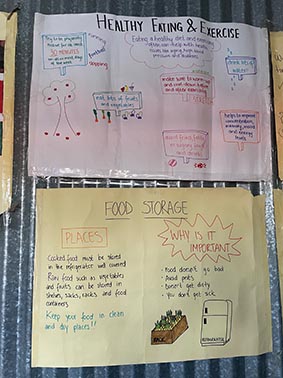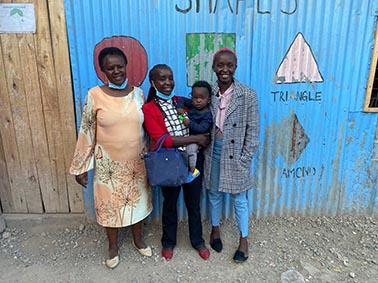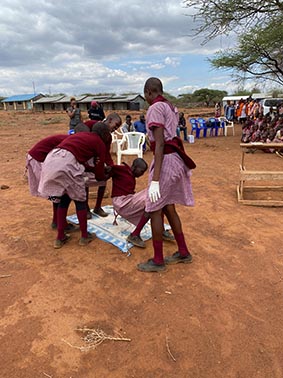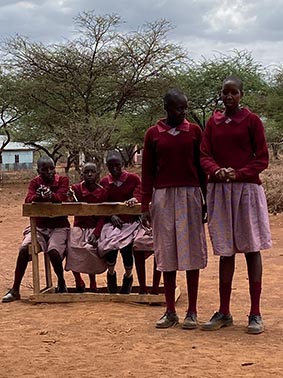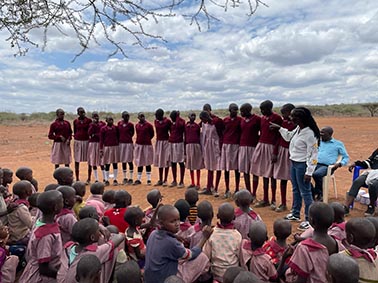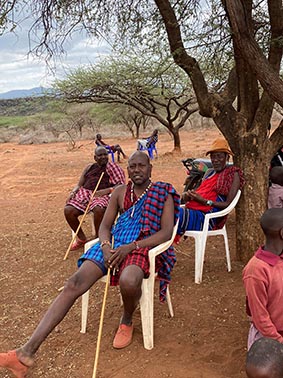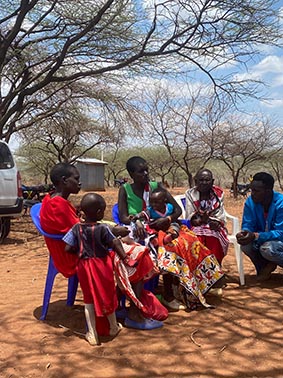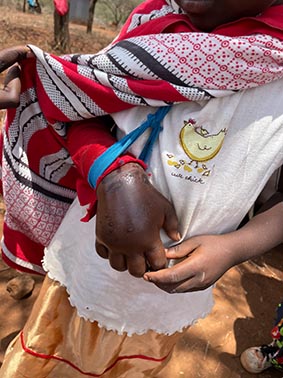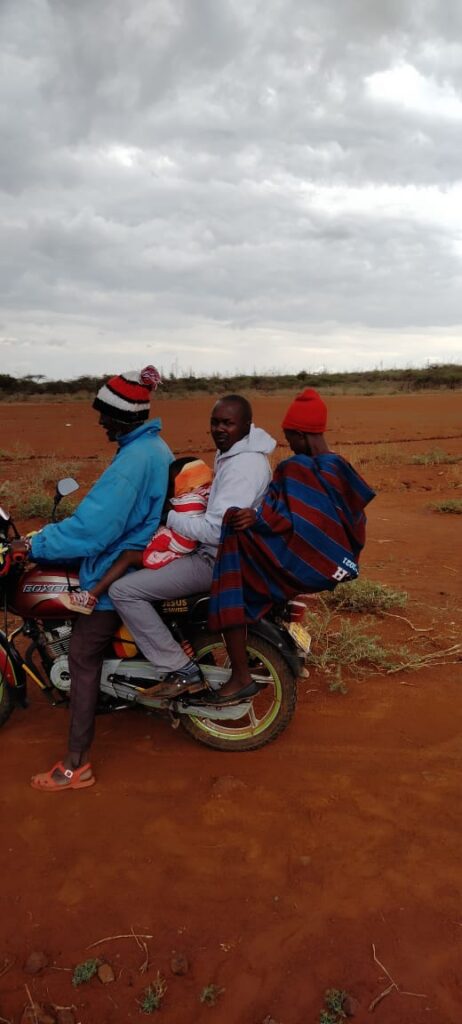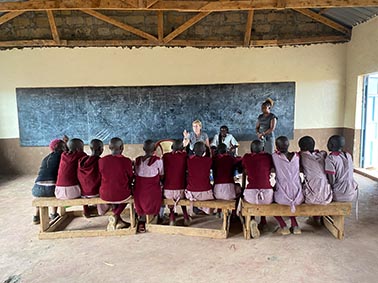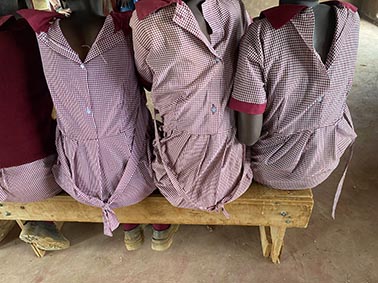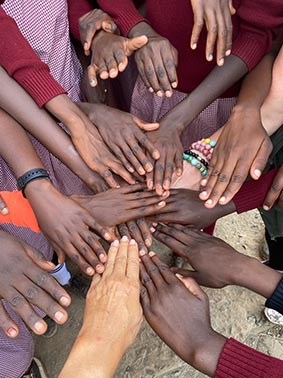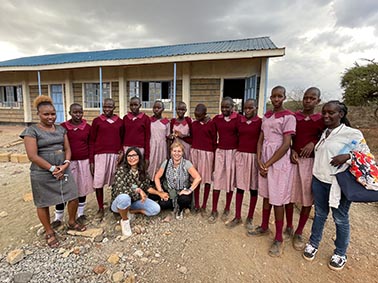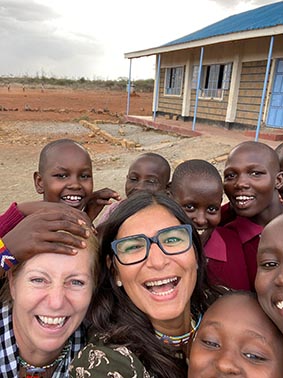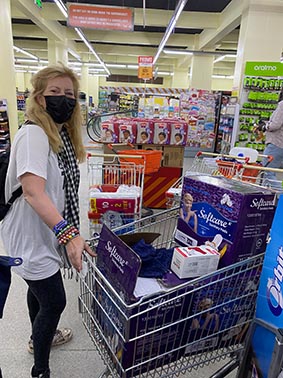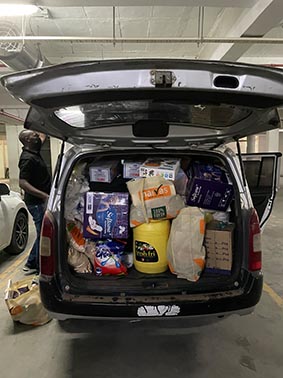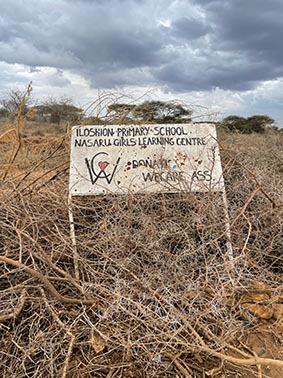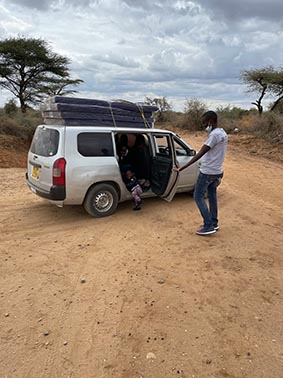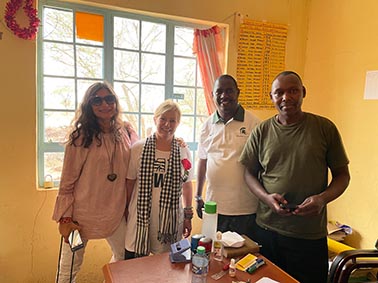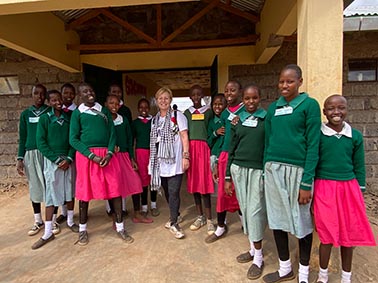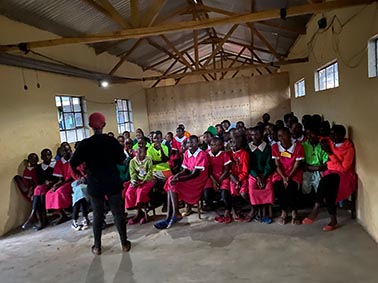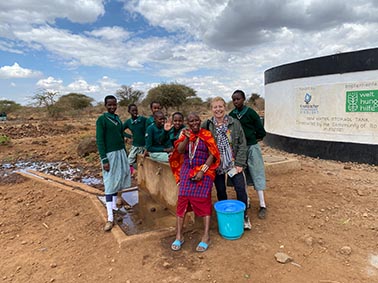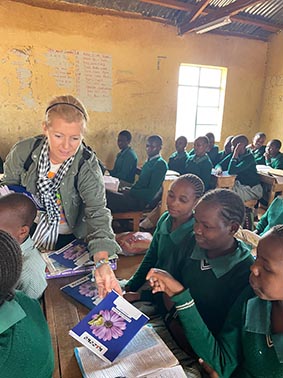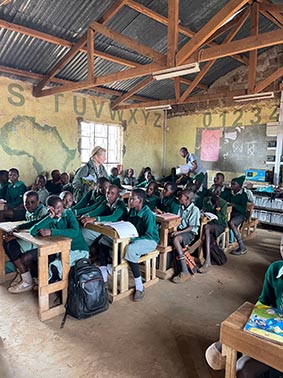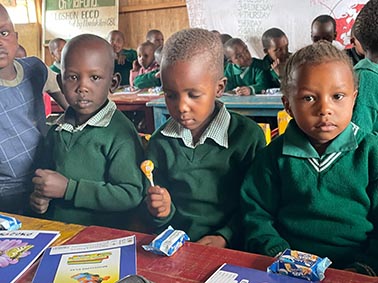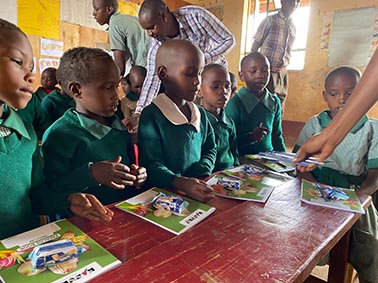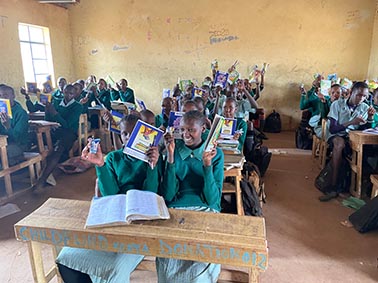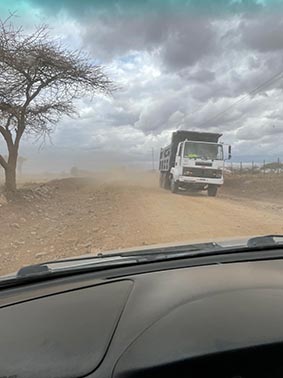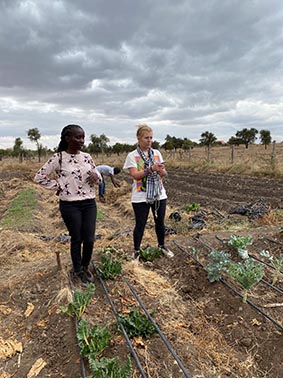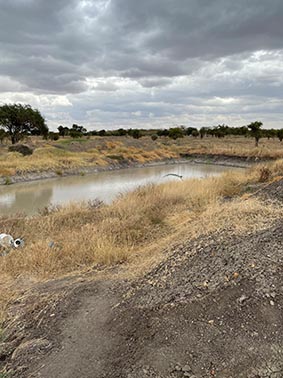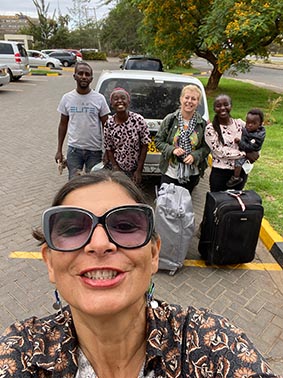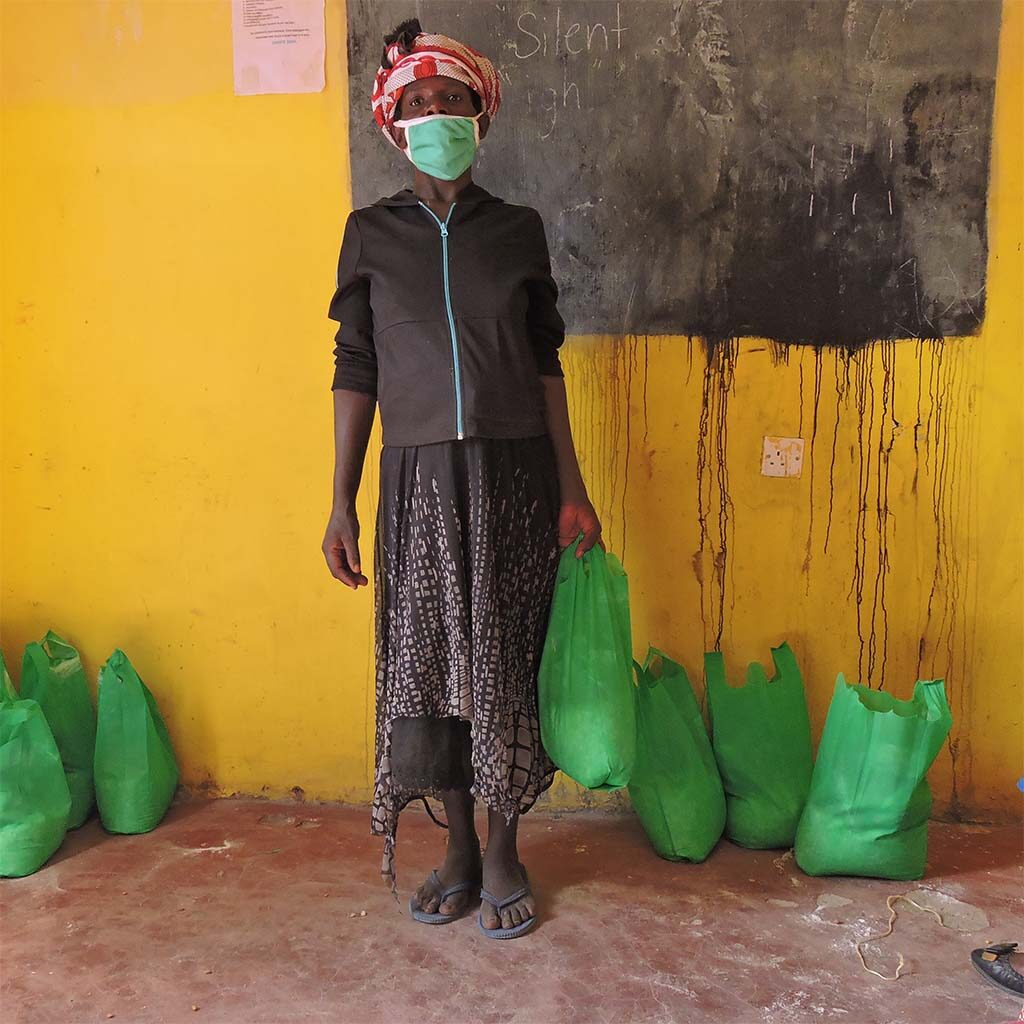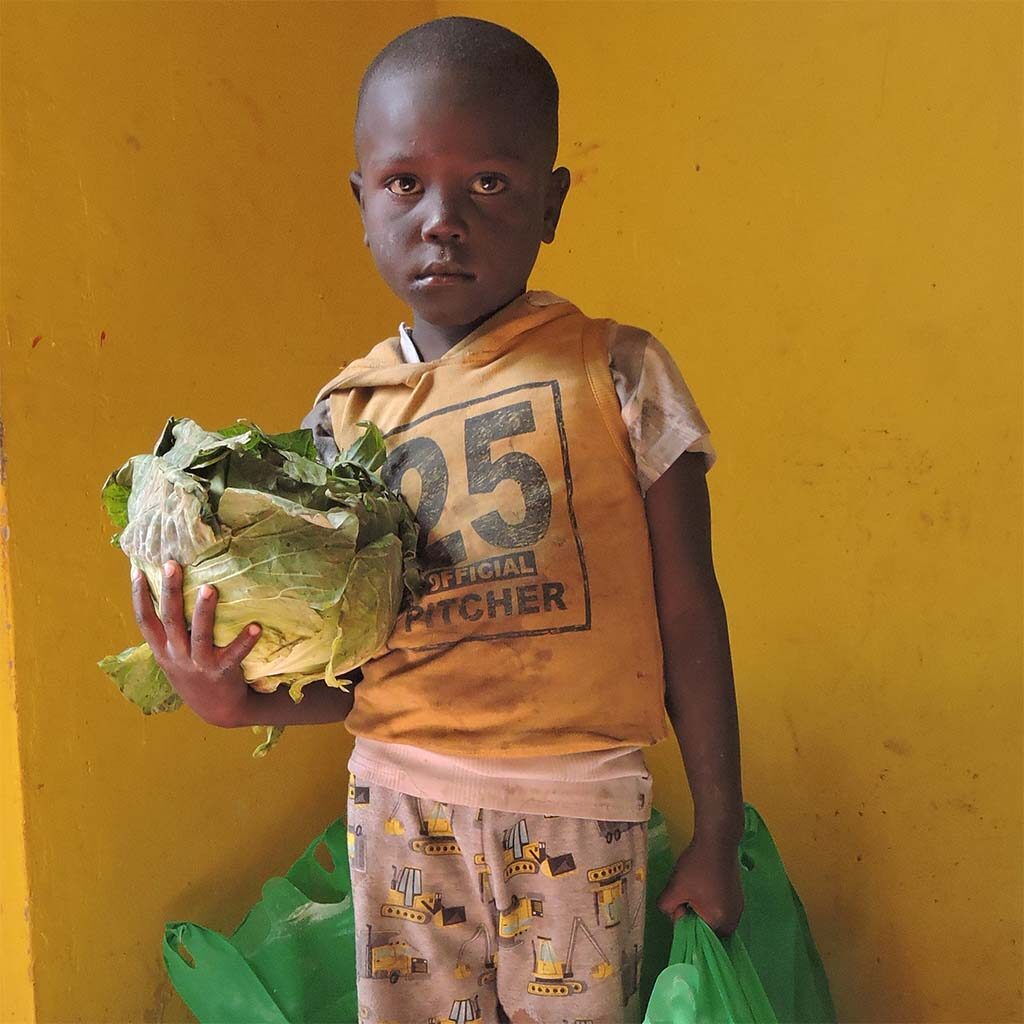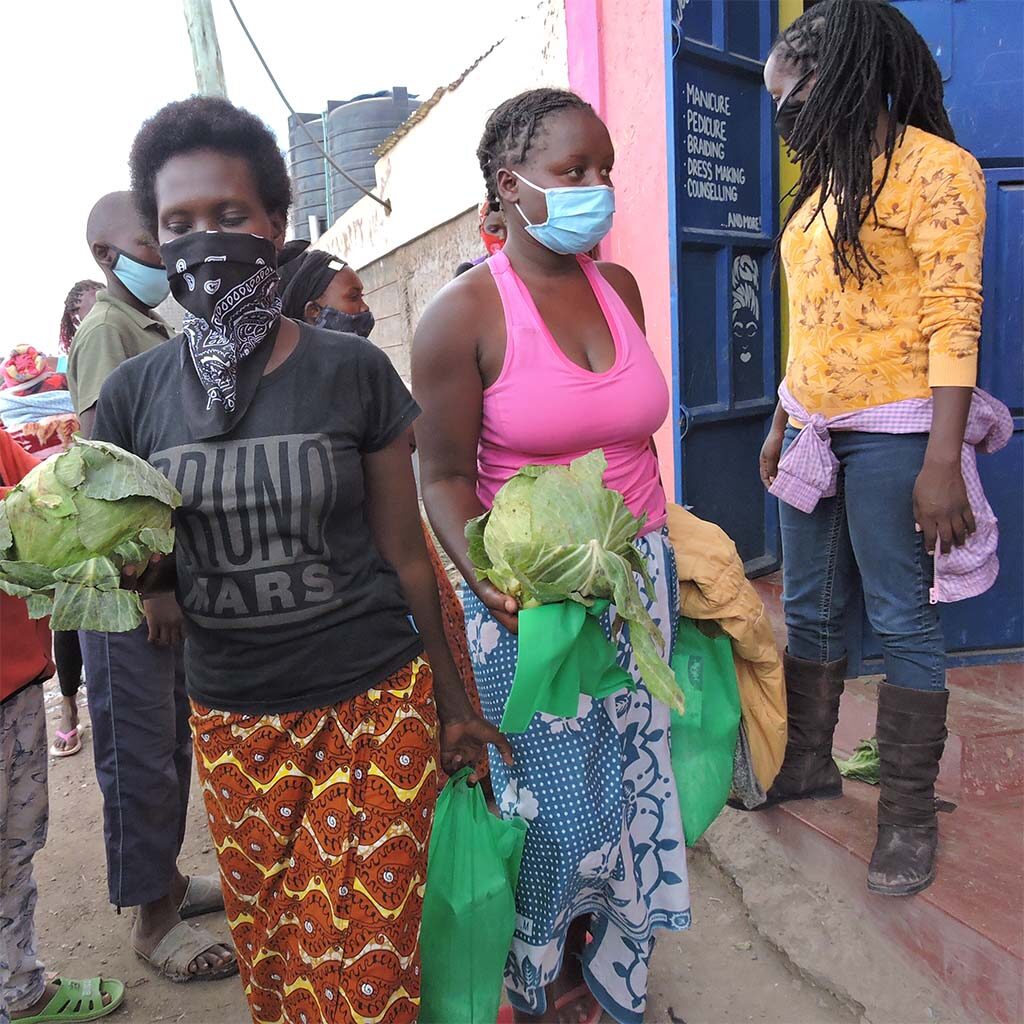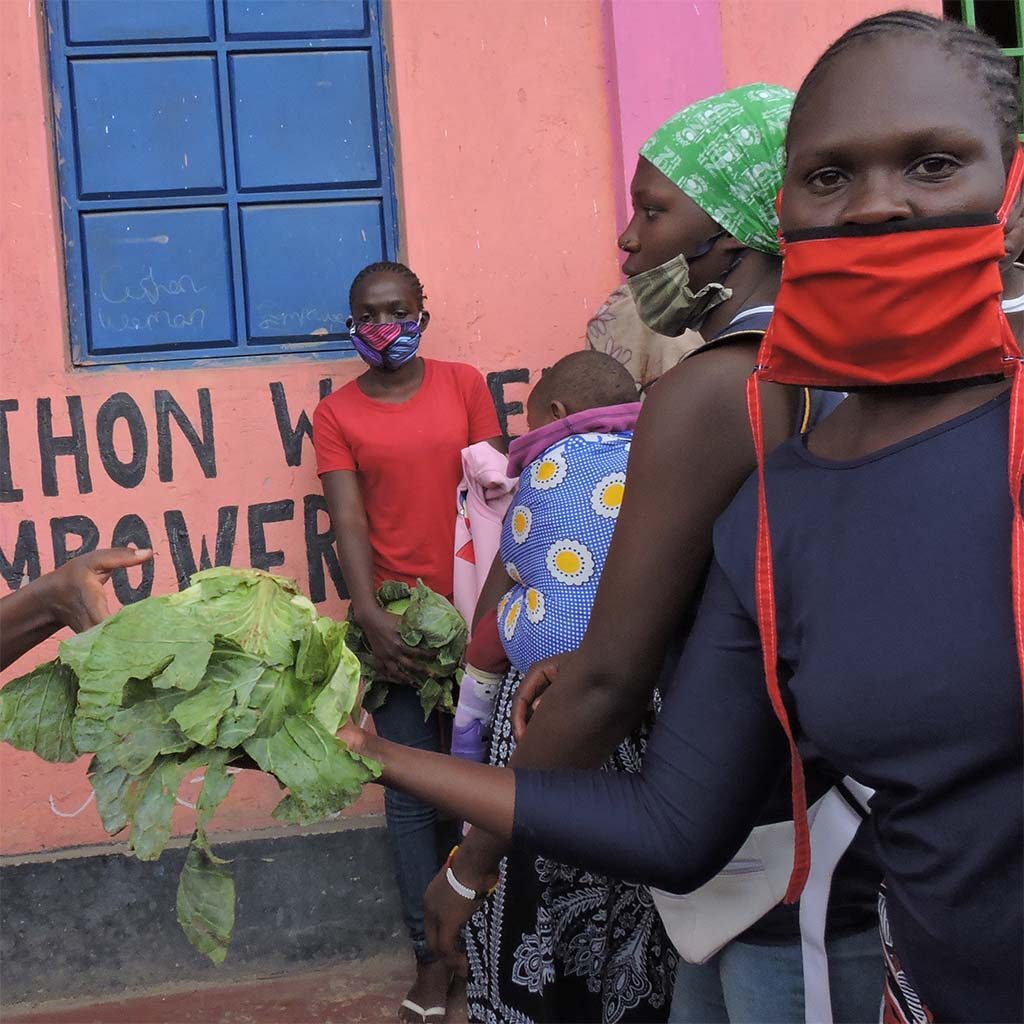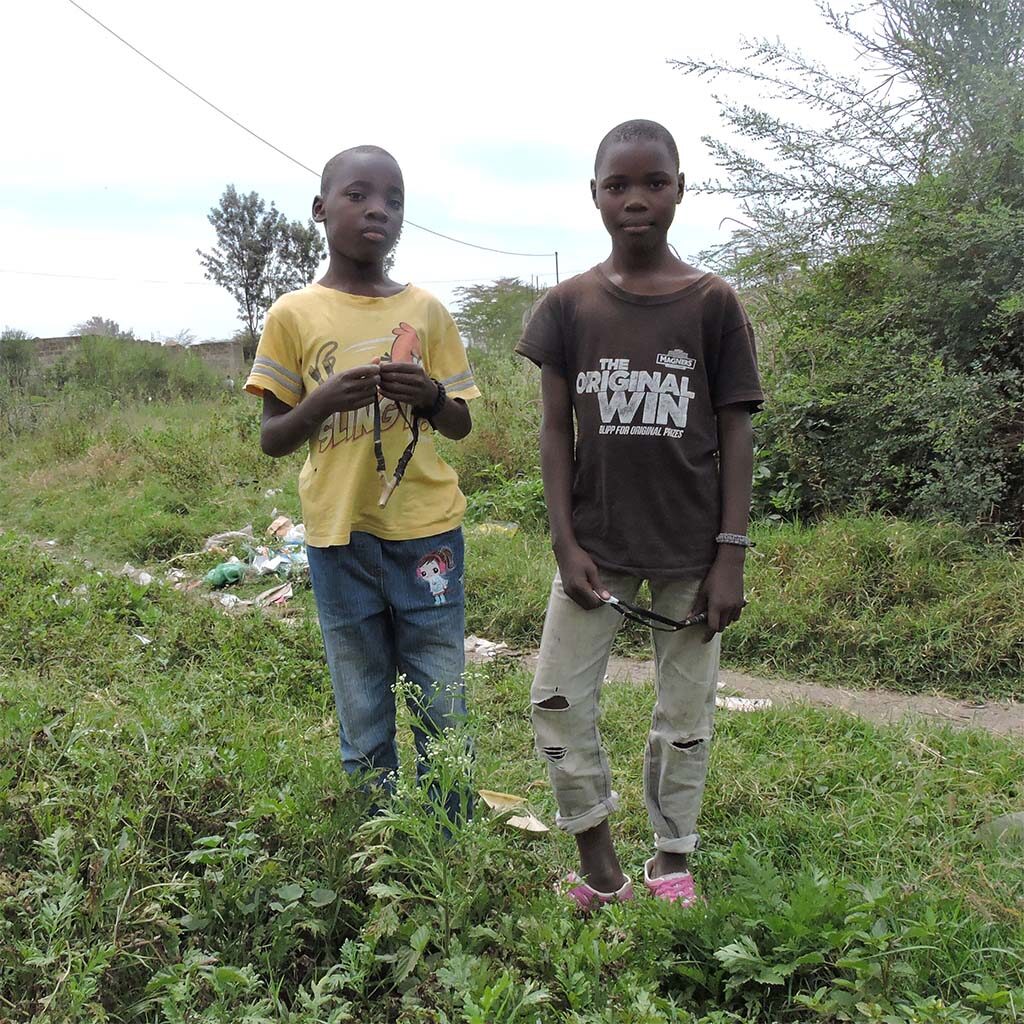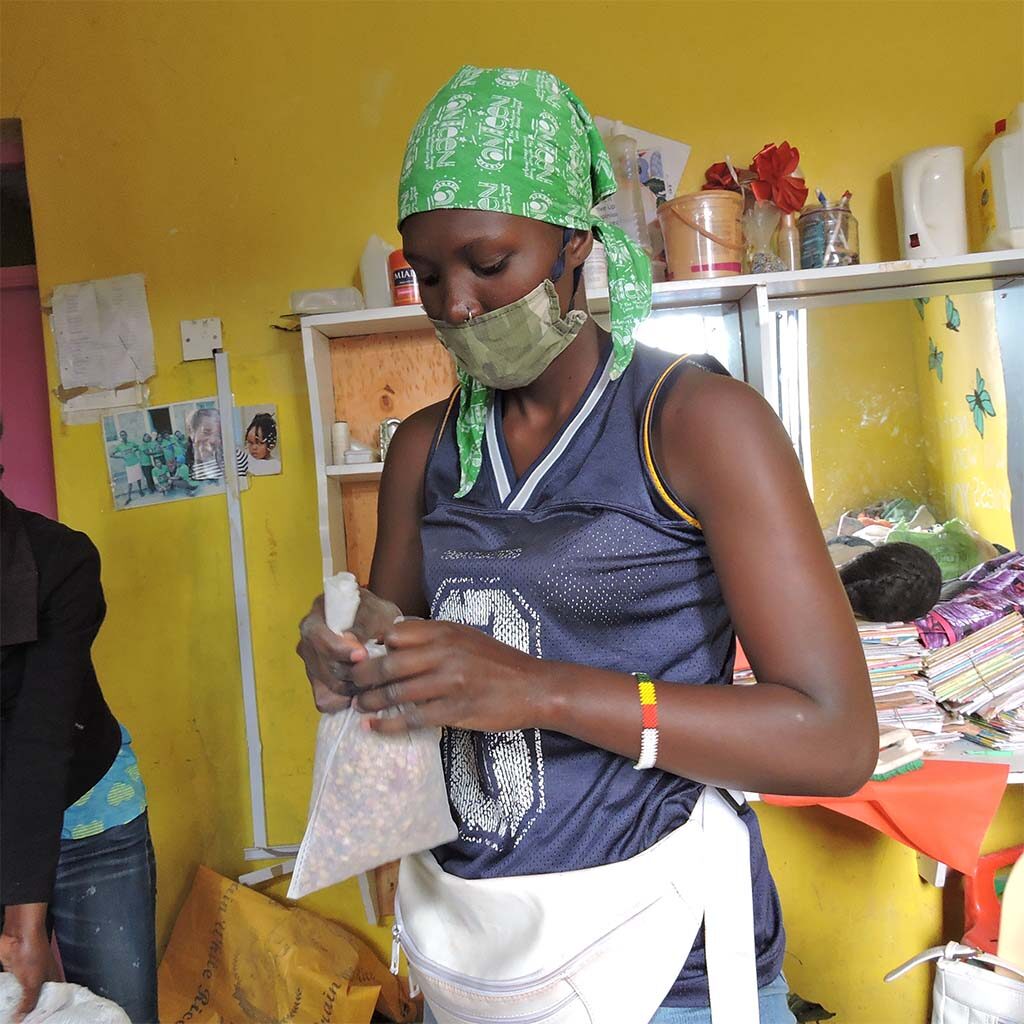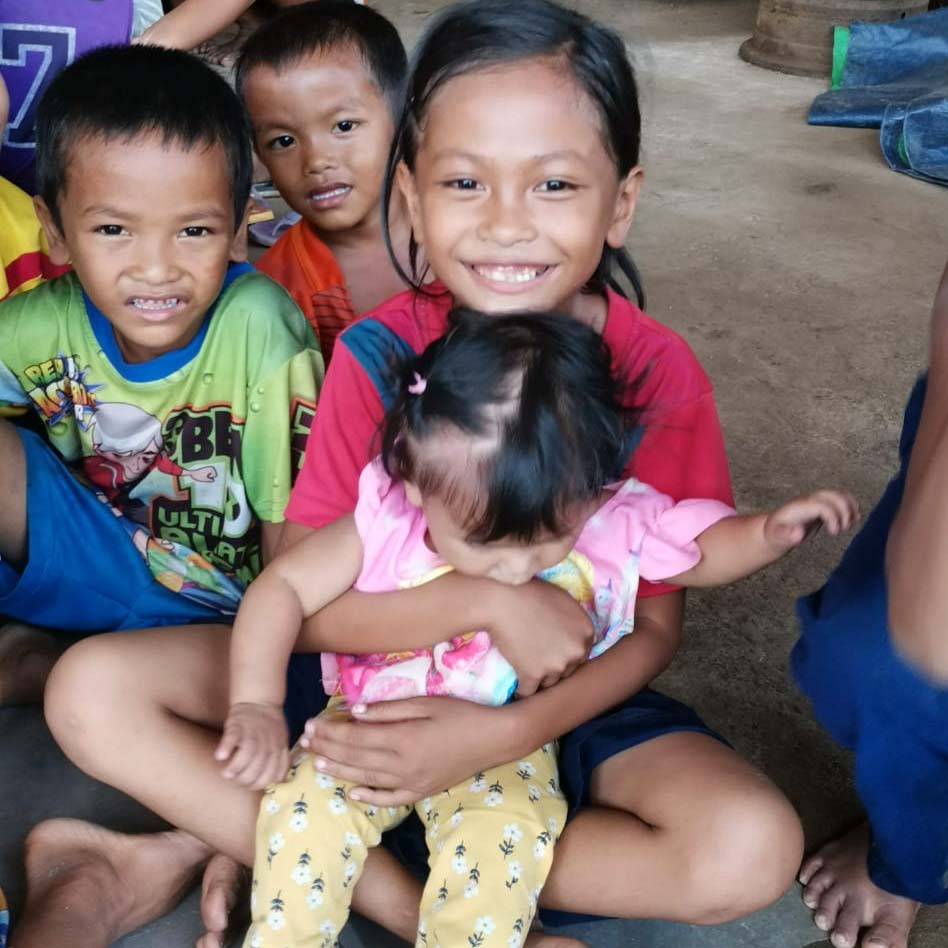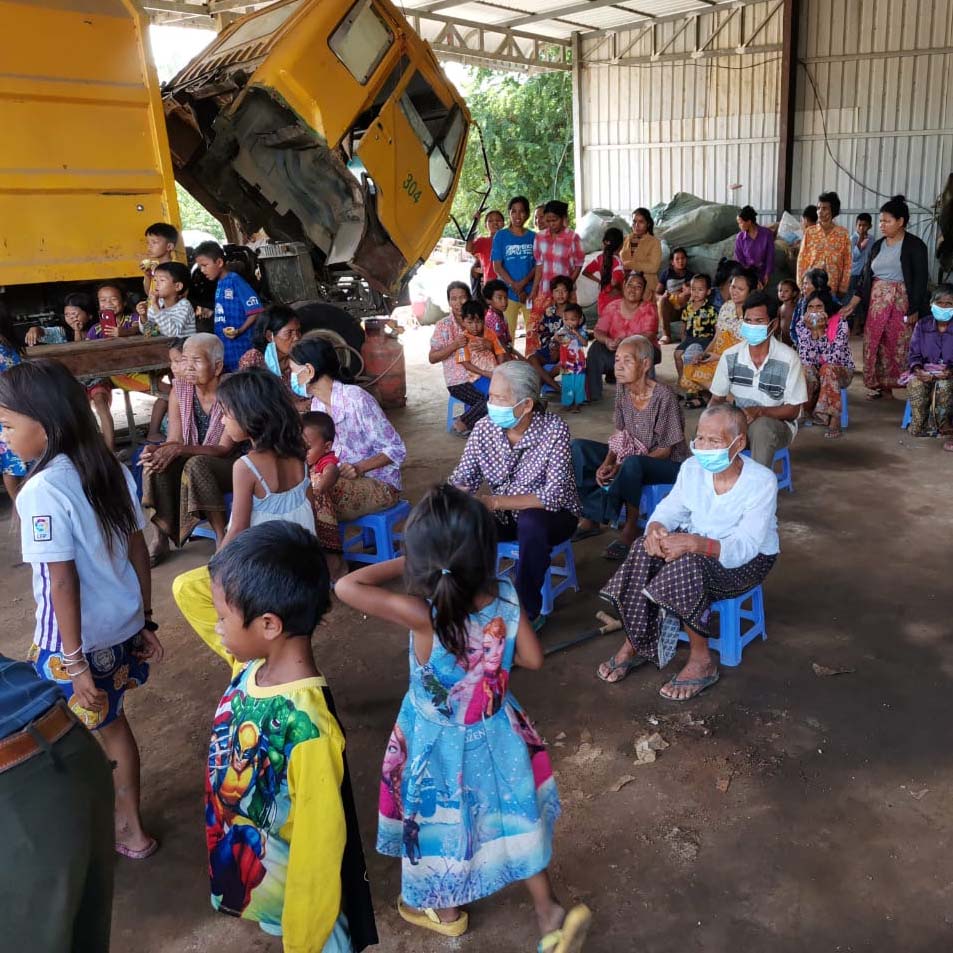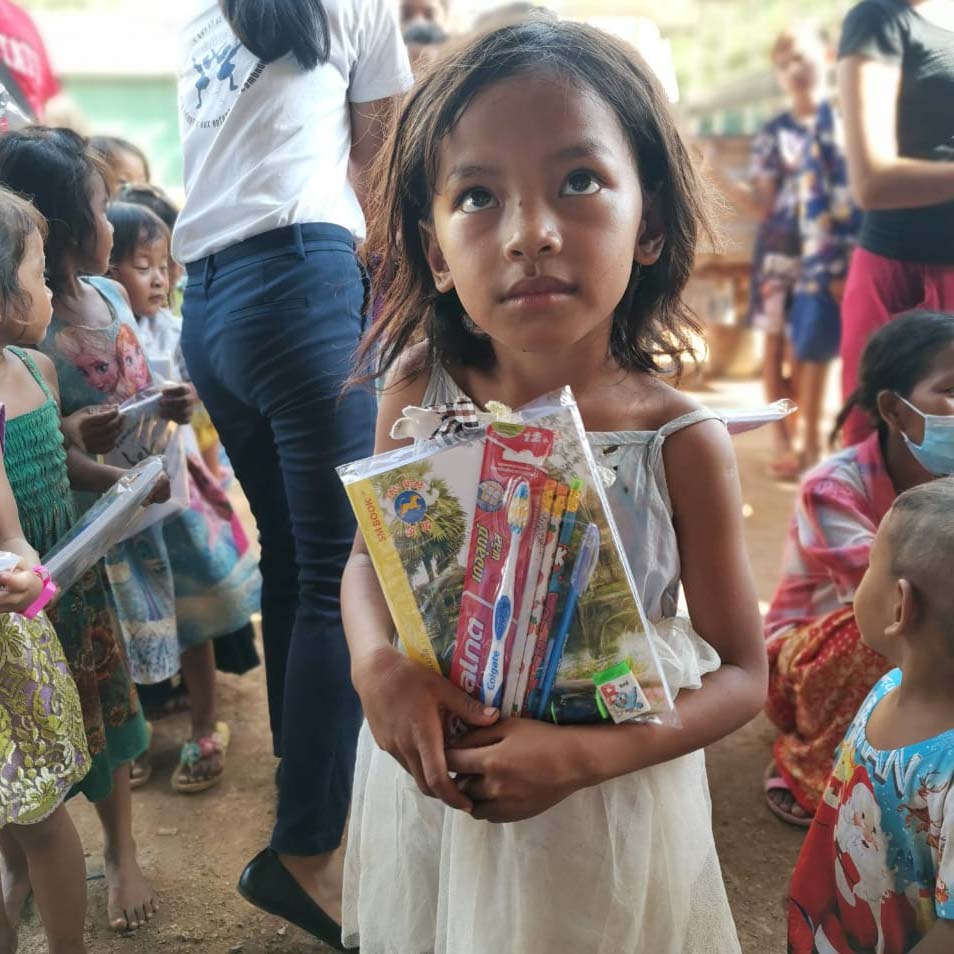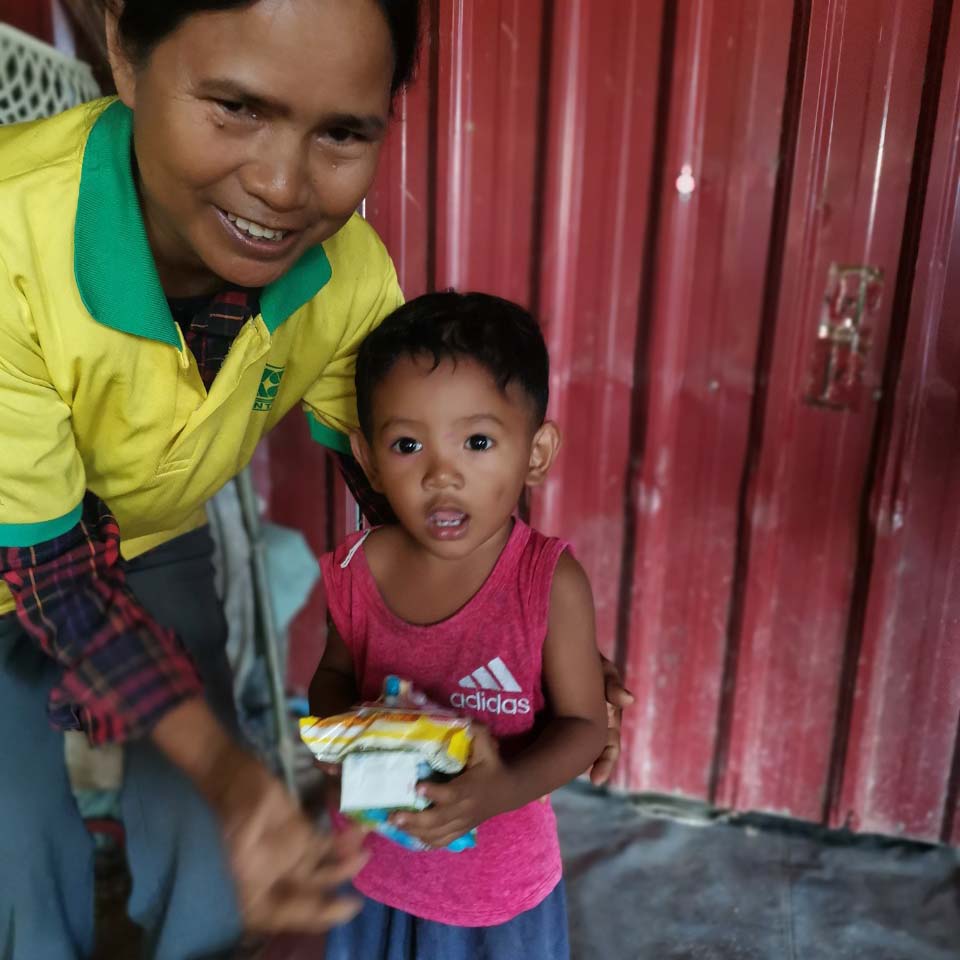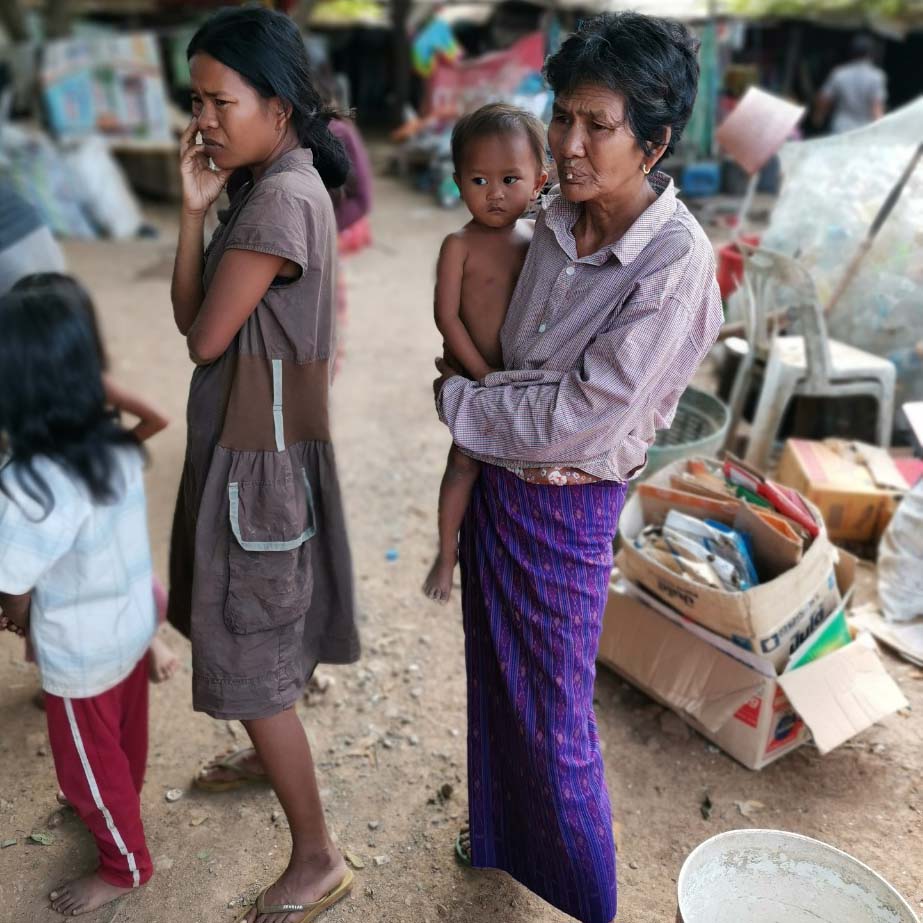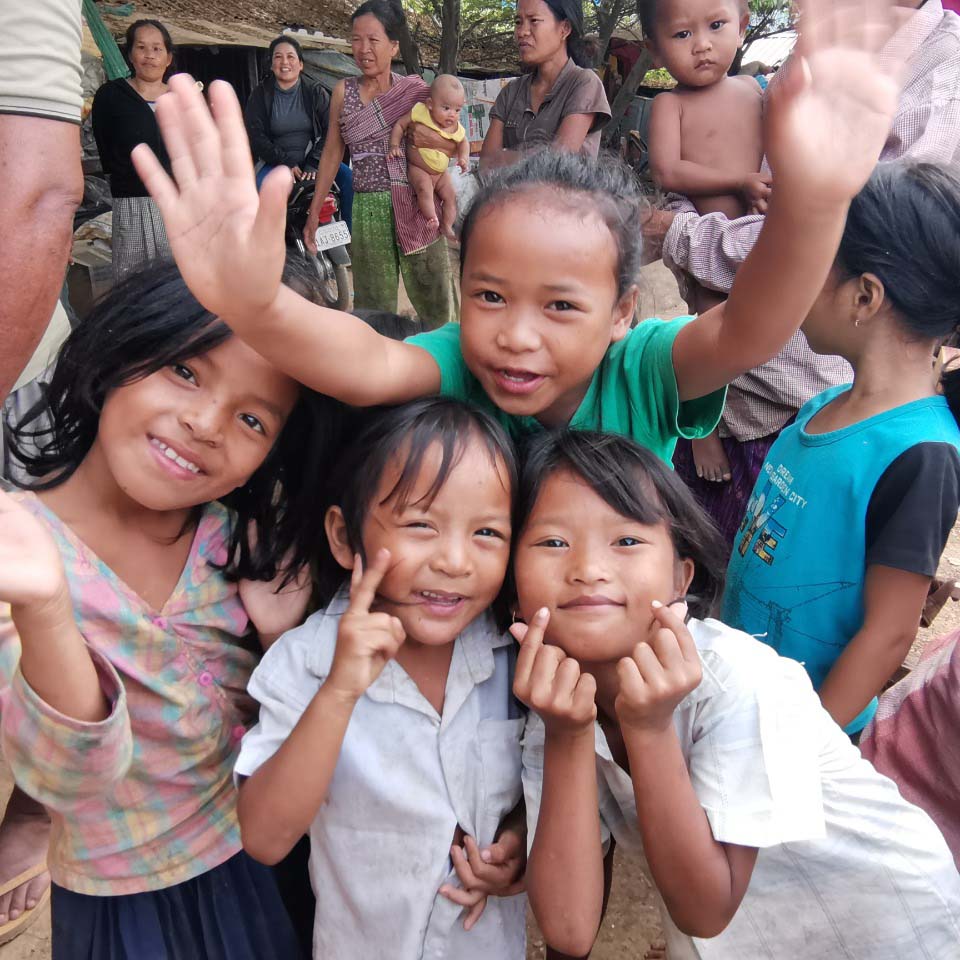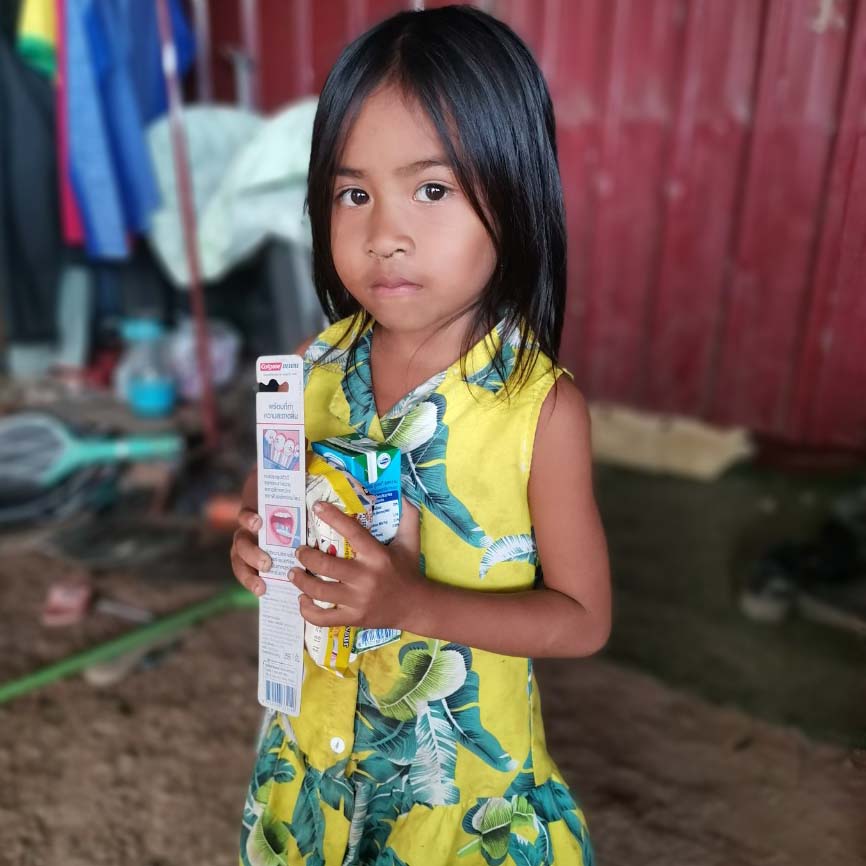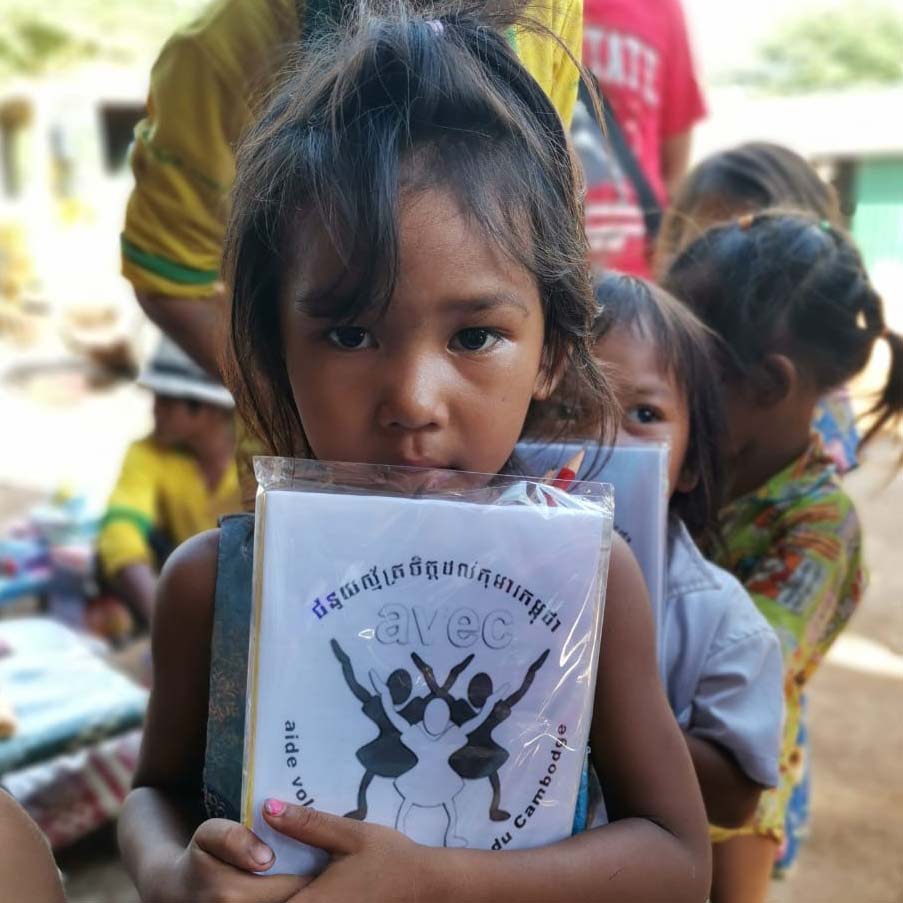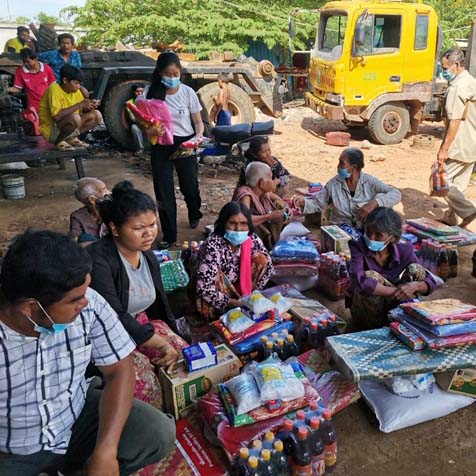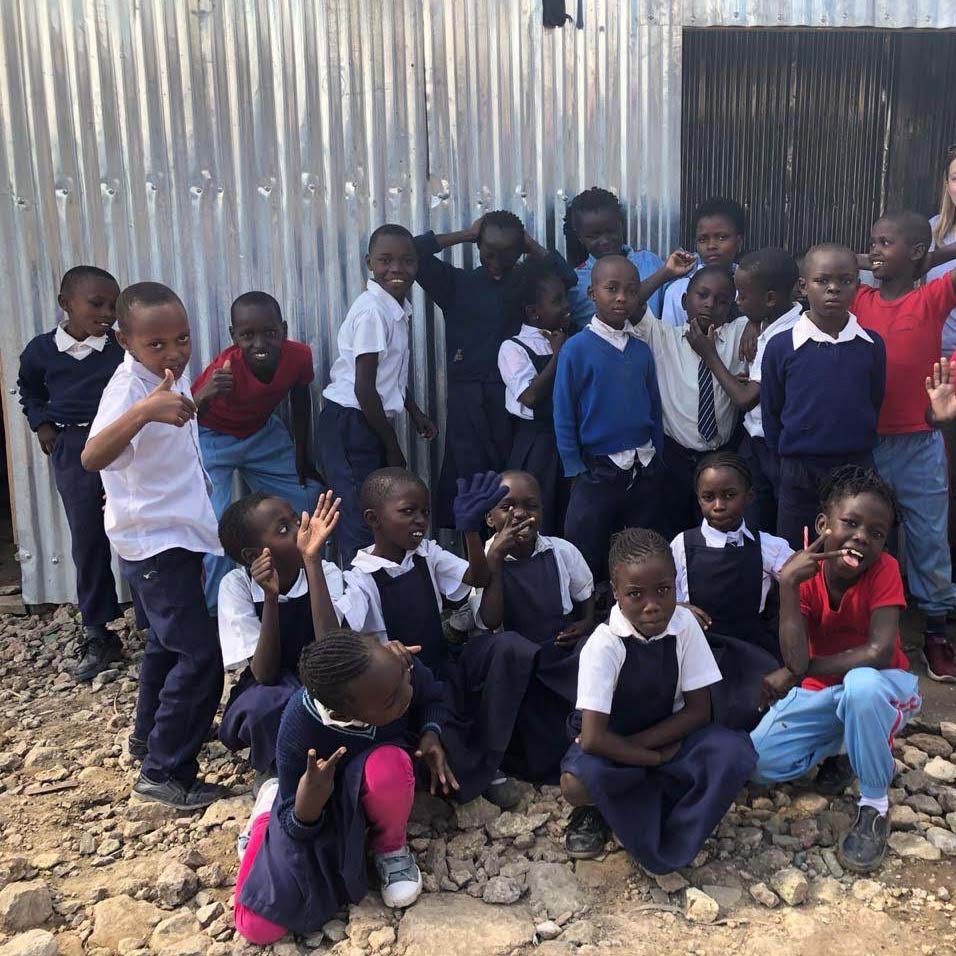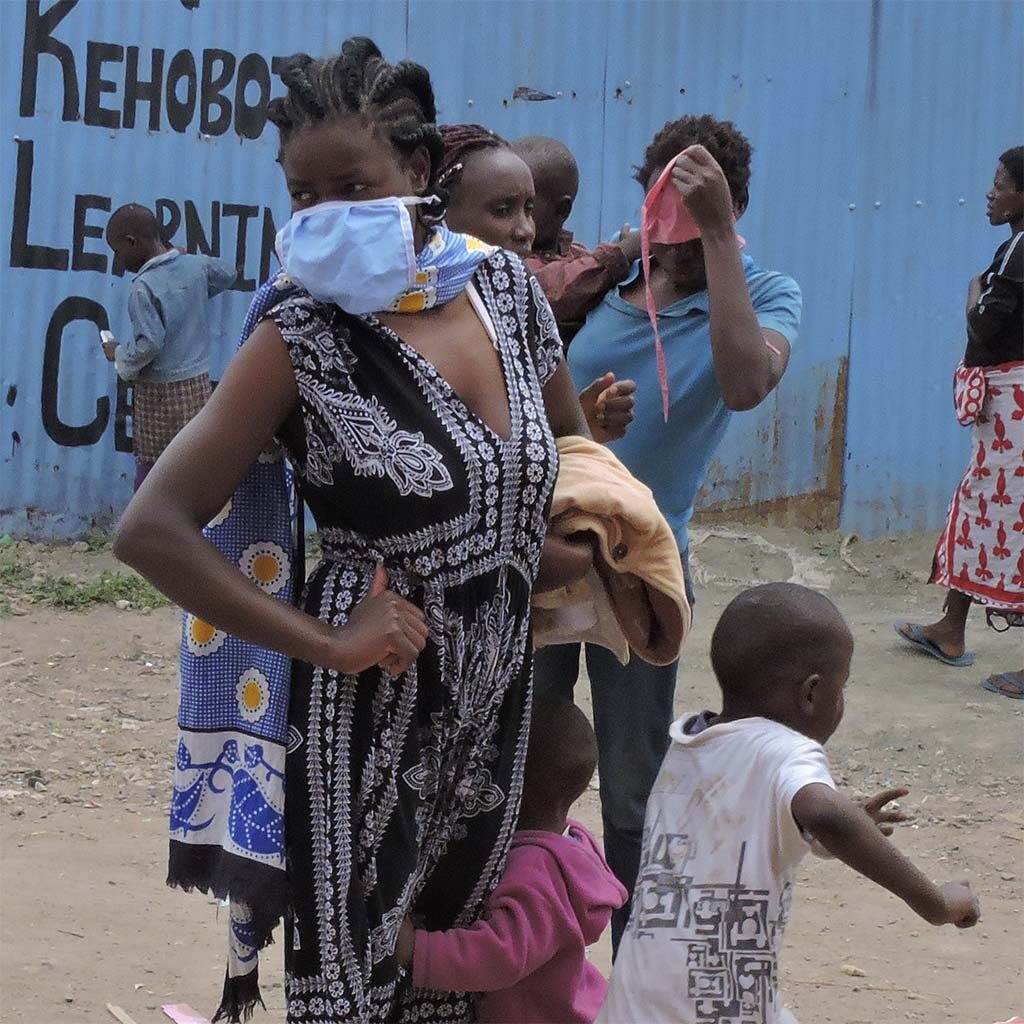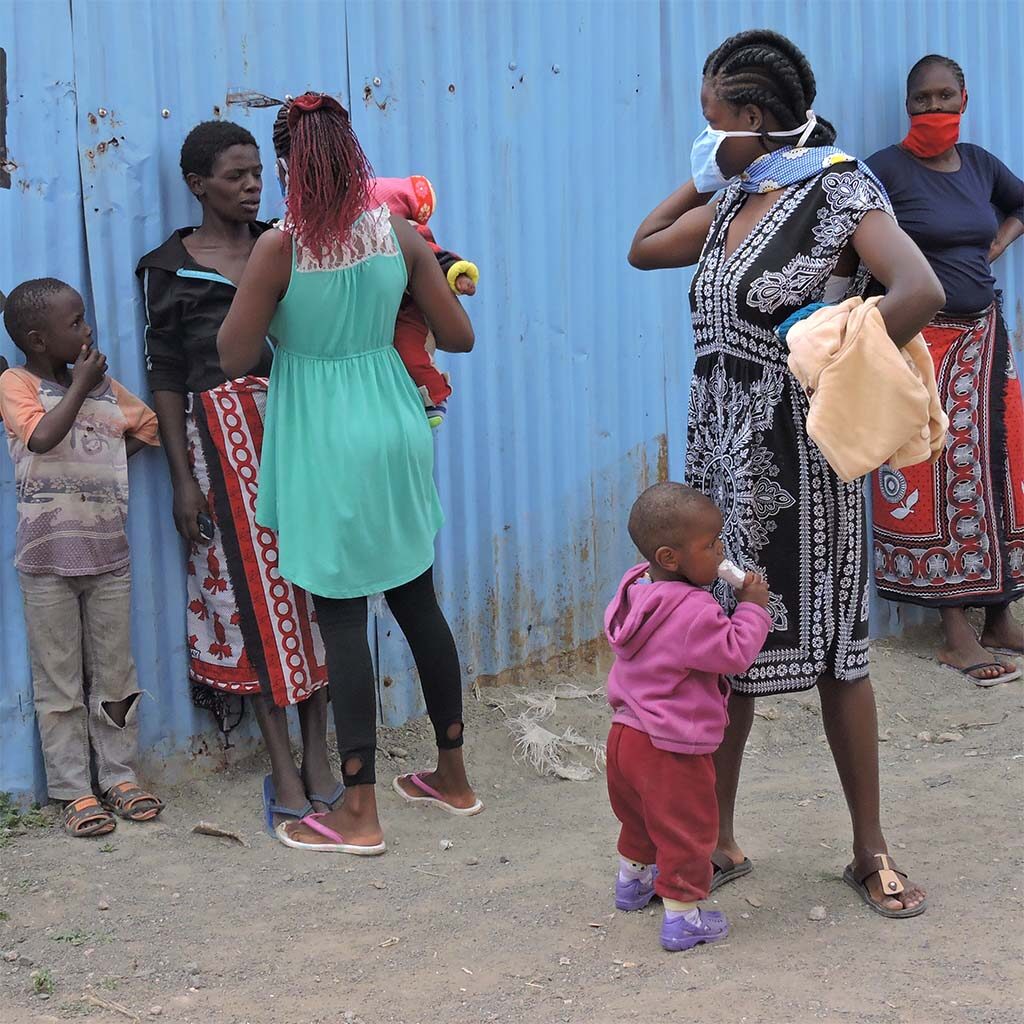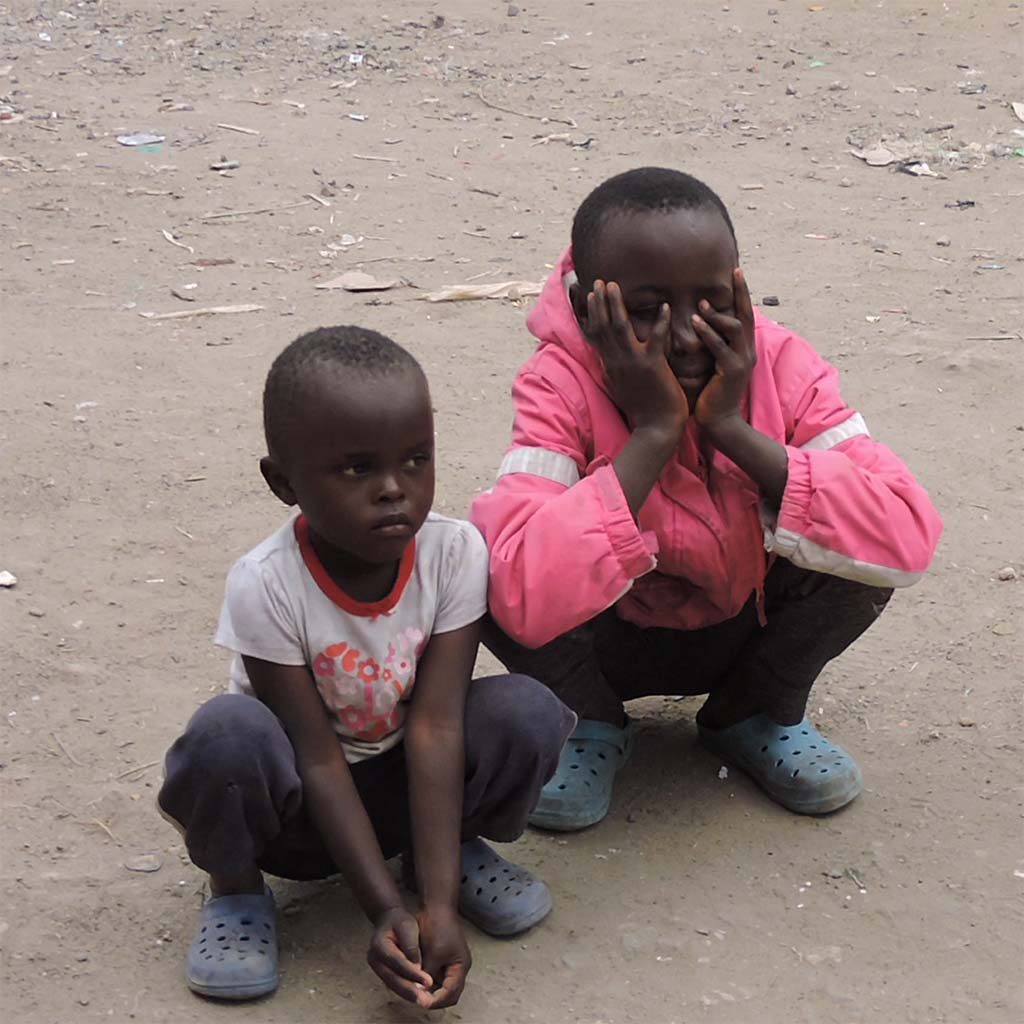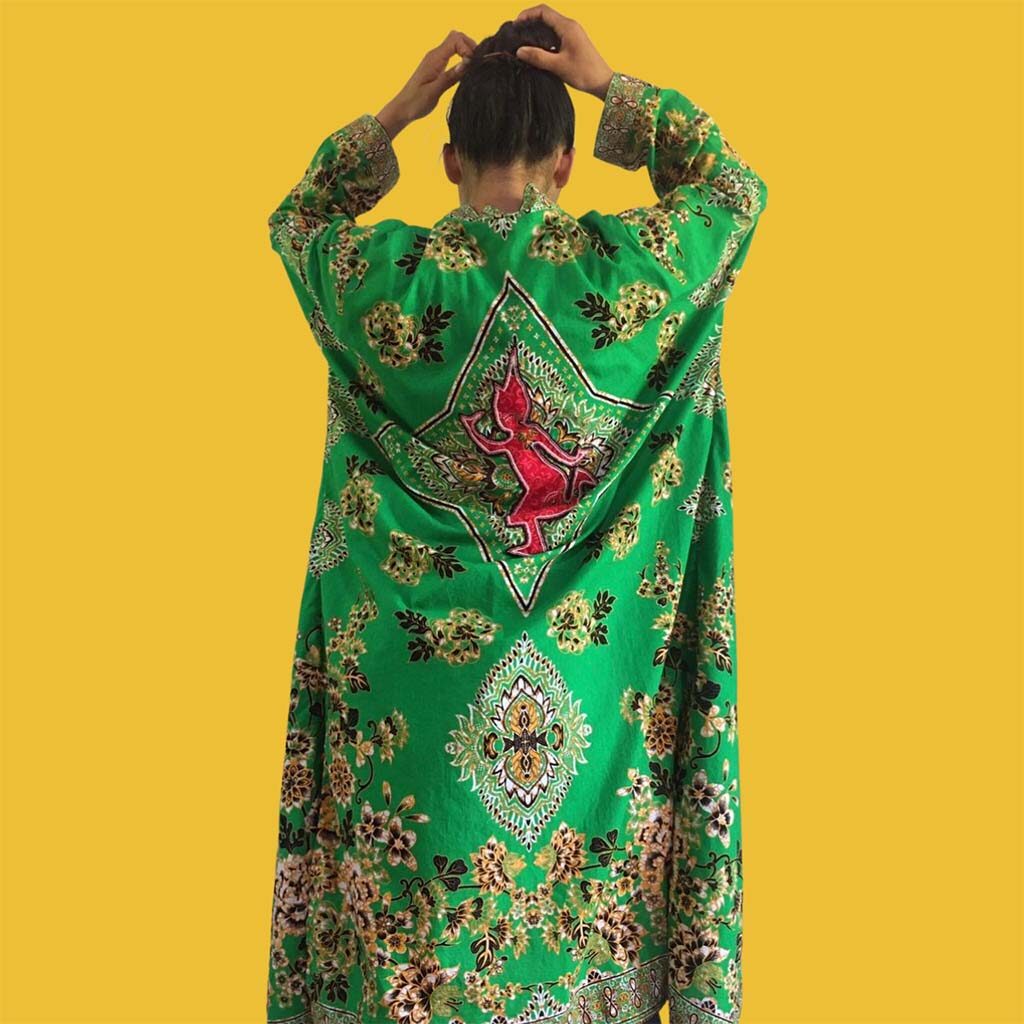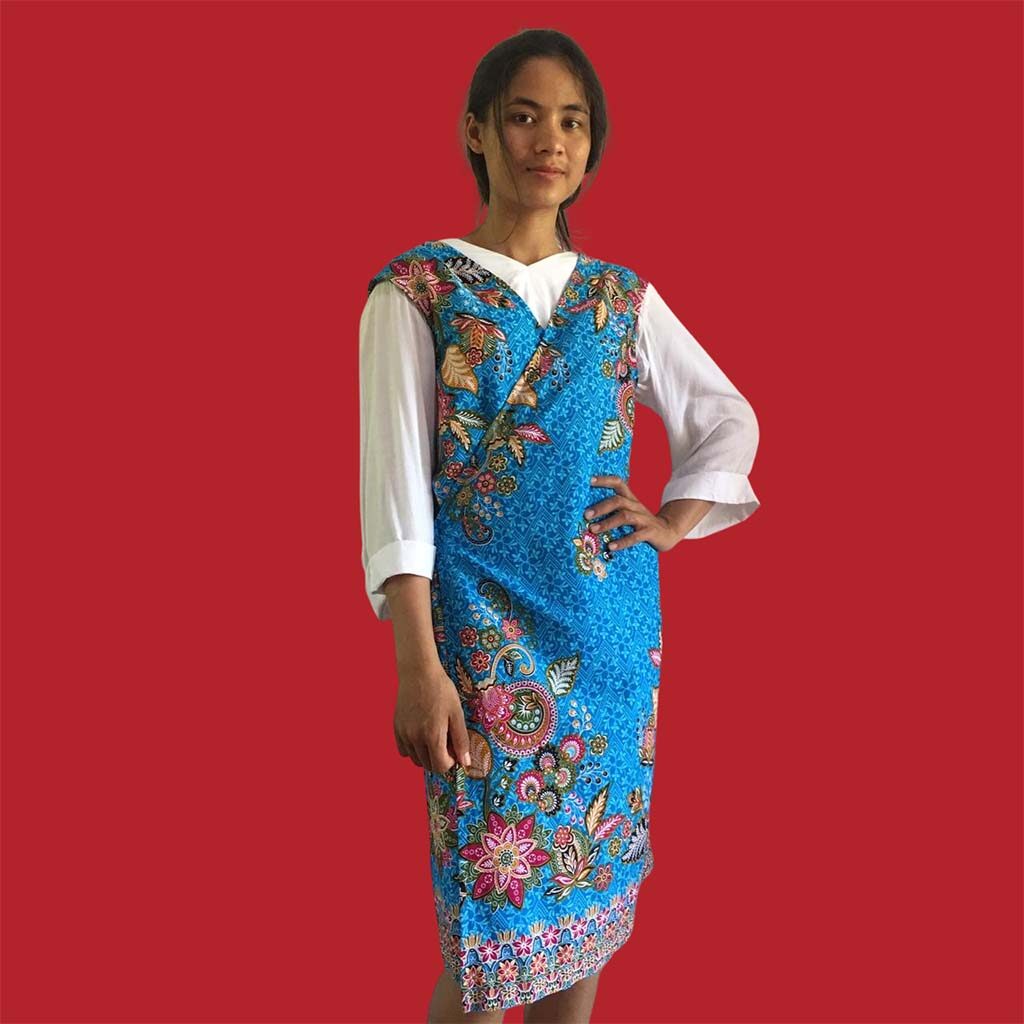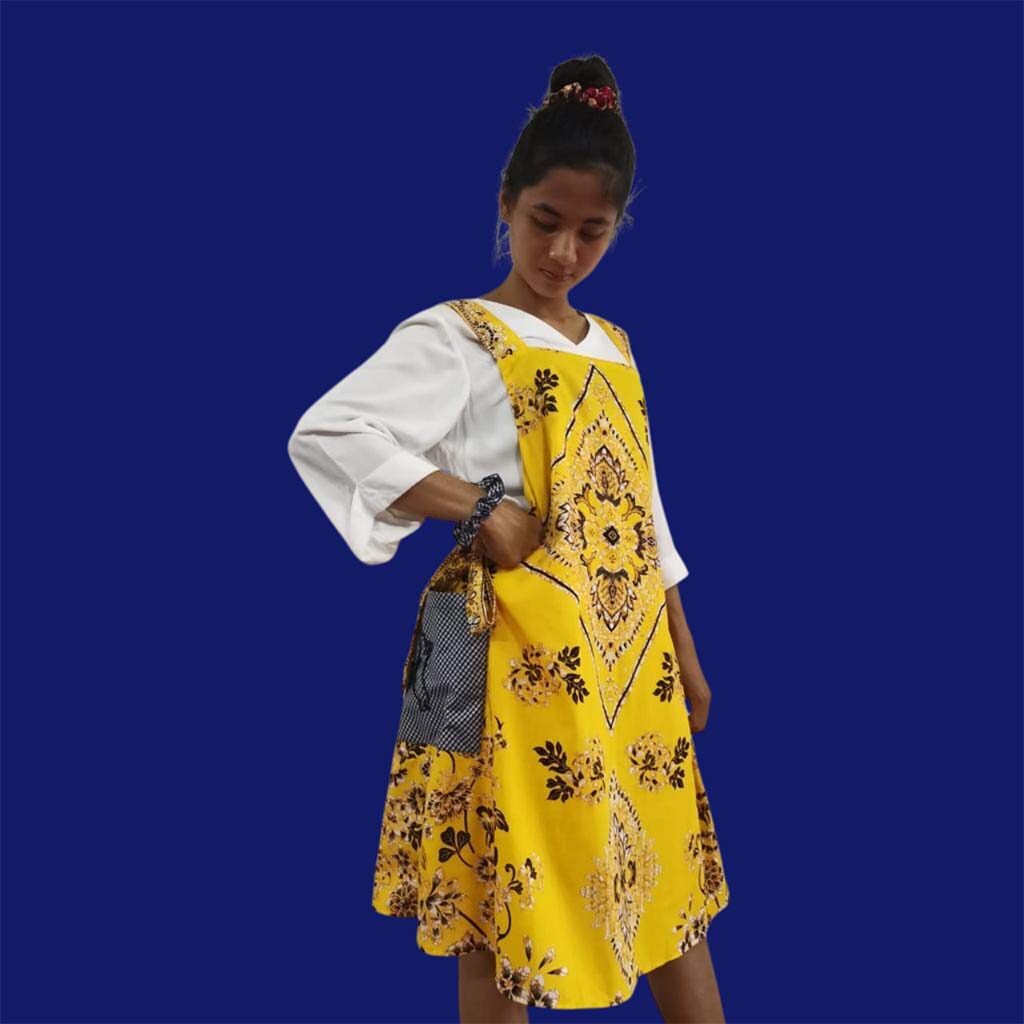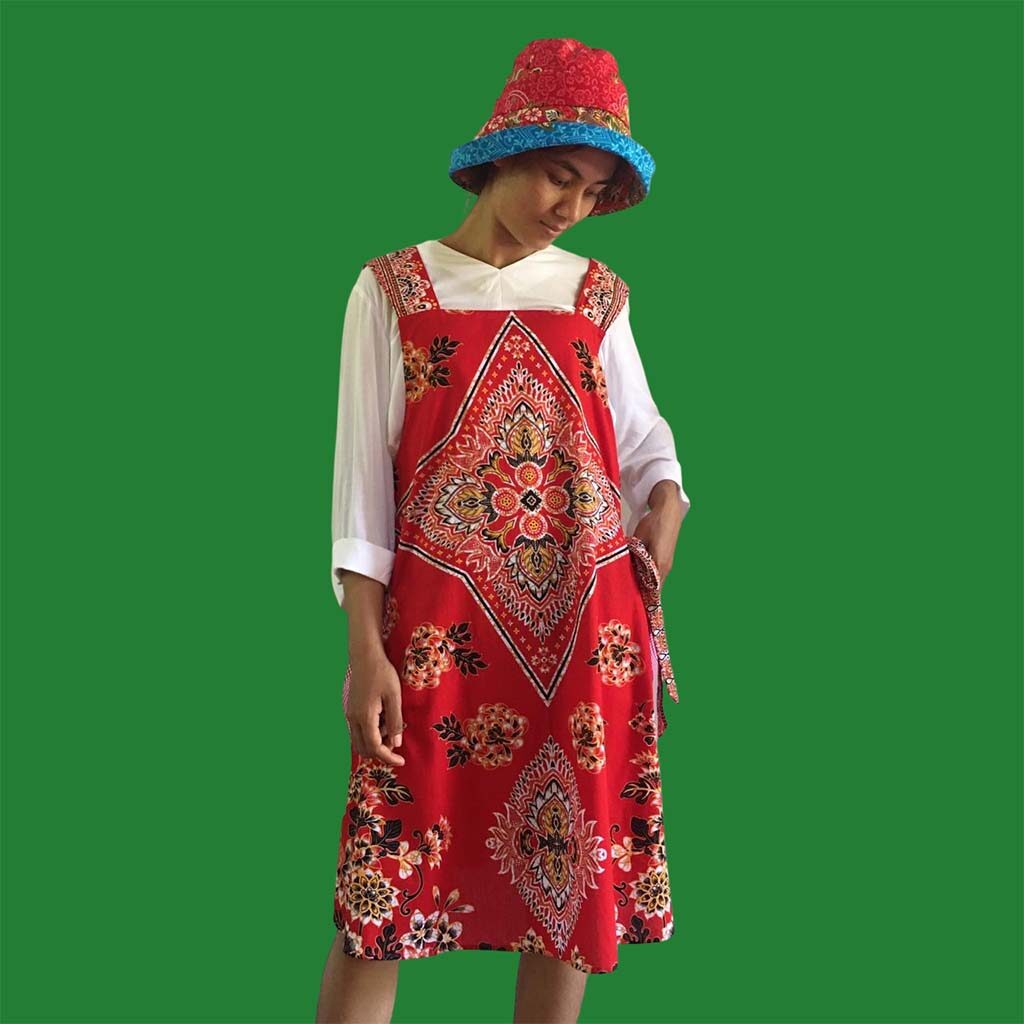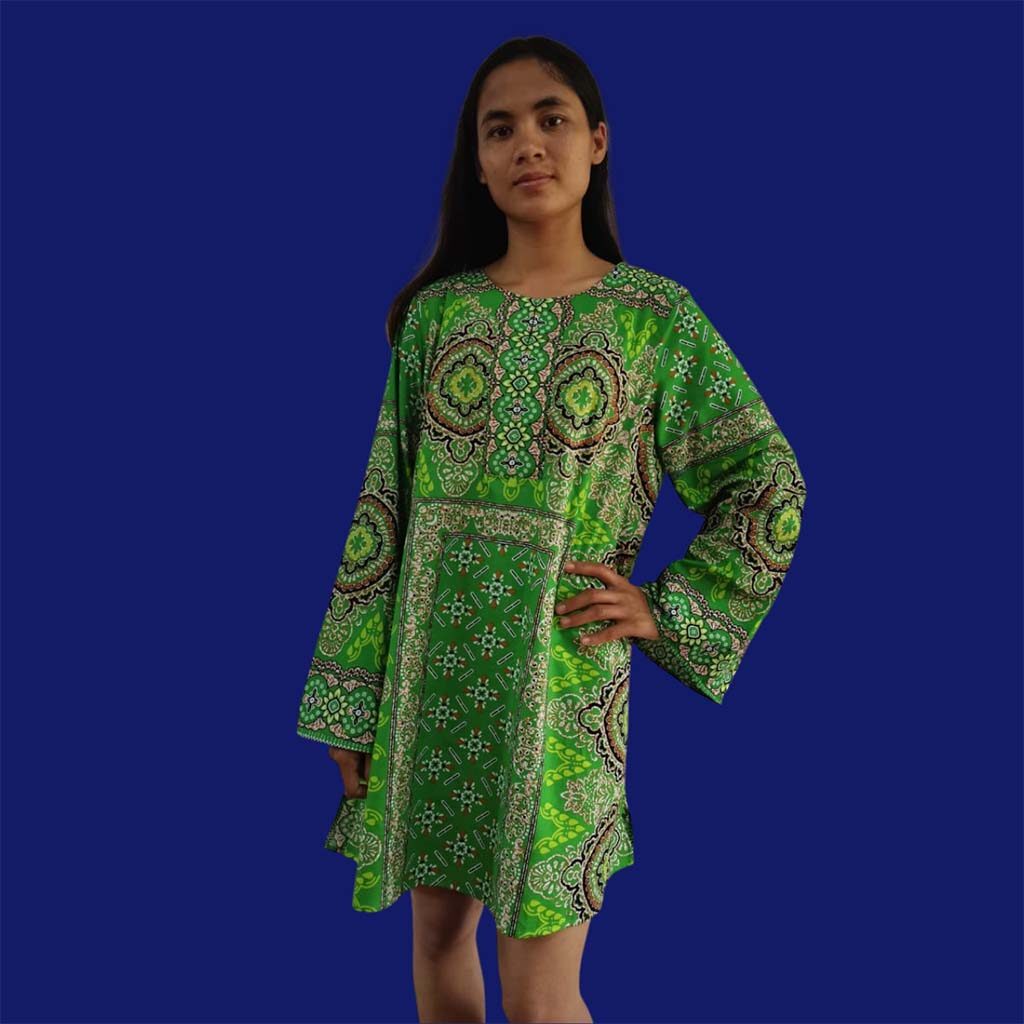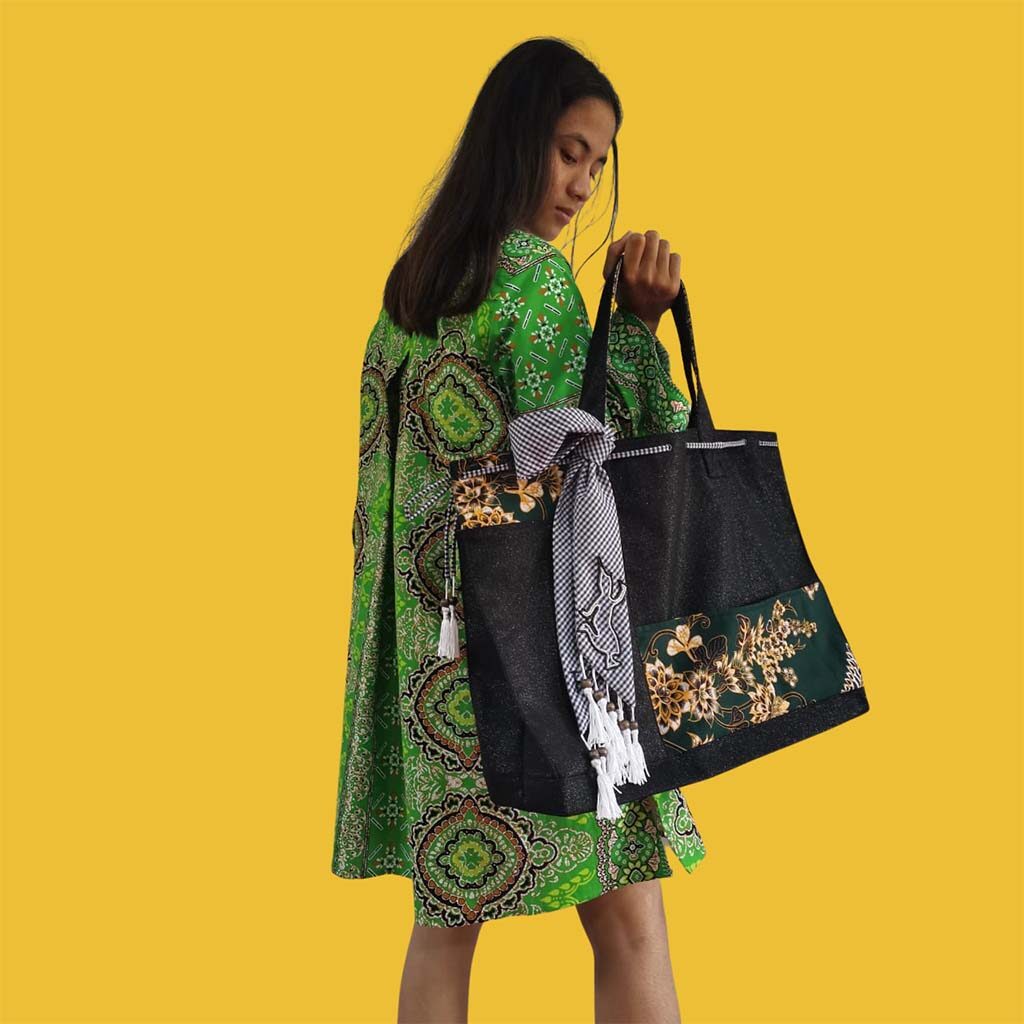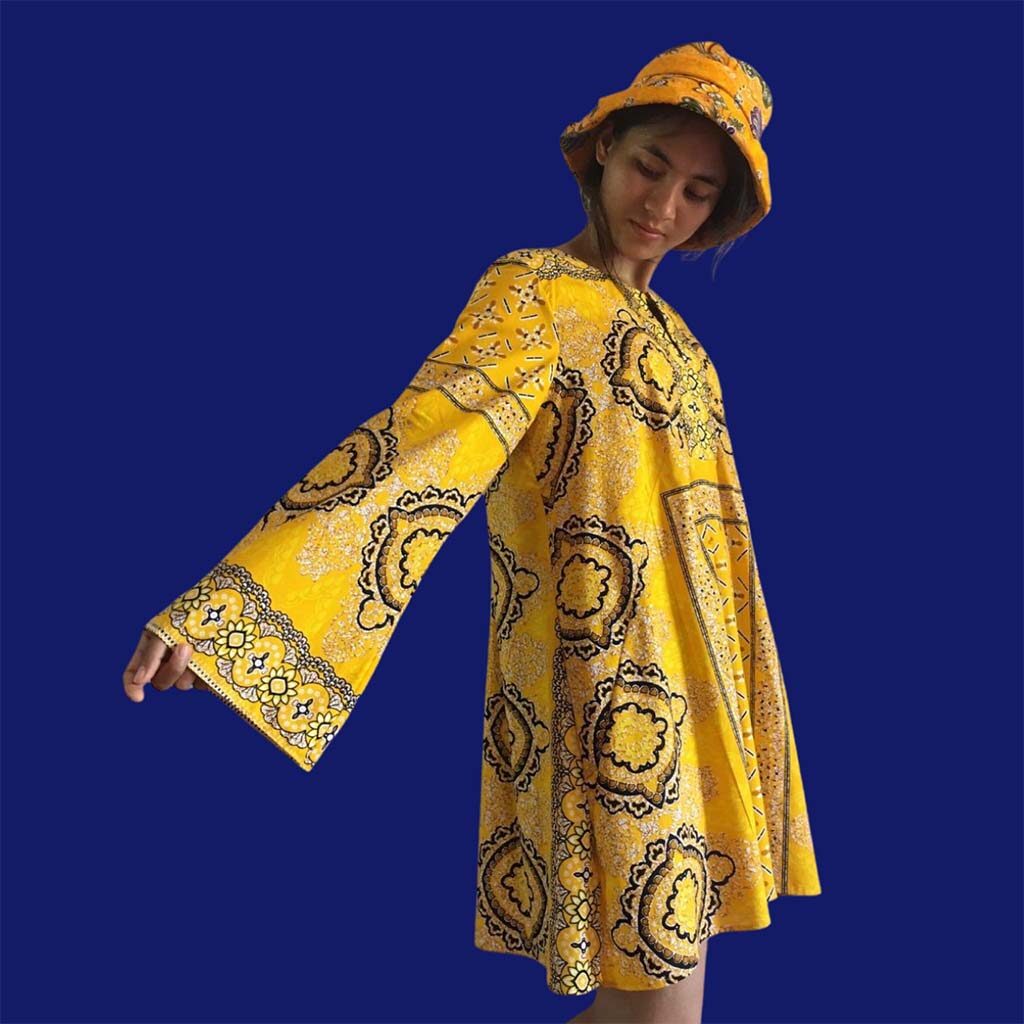Don’t miss these exciting news from KenyaFeatured
News from the first six months 2023
We are currently working in Kenya in three different schools that are facing different challenges and problems. The new semester started in all three schools on 03 July 2023.
REHOBOTH SCHOOL
Since the beginning of 2023 we have been supporting the Rehoboth School. This school is located in Kitengela Noonkopir, the largest slum in the Kajiado District, right next to a dumping site, the “workplace” of many of the students’ parents. The school was founded by Jane Gitonga, a mother of five, in 2014 with the aim of giving poor children from the area the opportunity to attend school. Rehoboth is a public school and unlike Europe, in Kenya public schools are for the poorest of the poor as they do not have to pay school fees. The stories of the students are similar and are mostly of sexual and domestic violence, HIV, and abject poverty. Before Covid, the school had about 170 students, most of whom were financed through sponsorships. One consequence of the pandemic is that the school lost many its sponsors. As a result, teachers’ salaries could no longer be guaranteed, and some left the school. A considerable rent arrears accumulated, and the landlord was already threatening to kick them out. The number of students had dropped to 90 as the school had to ask for support from parents who could not afford it.
In this emergency, the WeCare Association decided to take over the school’s fixed costs as of January 2023. The children now receive three meals a day, 7 days a week. In the last month alone, 20 new students joined the school, and the total number of students is now 170 again. The number of daily cases of illness has decreased due to the improved nutritional situation of the children. Since there is no caning in this school (a practice that is officially banned in Kenya but is nevertheless common in many schools), the children like to come to school because they not only get food there but also have a haven. As the pupils are also provided with school materials and uniforms due to our donation, the cooperation with the parents has improved massively. The motivation of the teachers has increased, as they no longer must fear waiting for months for their salaries. It was also possible to increase the number of teachers from seven to eleven, which has a direct impact on the quality of teaching and all school subjects can now be taught.




Iloshon
We visited Iloshon four times in the first semester of 2023, but in April 2023 the visit ended halfway due to a closed road. The “normal” road, on which we have also visited the school in Iloshon several times, had been closed by the landowner due to disputes with the local population. This had a dramatic effect on the primary school in Iloshon, which is attended by 430 pupils. The teachers did not come to school, the pupils also had problems in some cases and of course our aid delivery also had to be picked up halfway by the pupils, as the alternative route was not passable. We contacted the local authorities, but unfortunately the mills grind very slowly in Kenya. The government is working on finalising the new route. Just for understanding: It is not about road construction in our sense, but the roughest stones are being removed to create a “road”.
In addition, Iloshon has a new school headmaster named Mr. James. According to Agnes Gitonga, he is an older Masai, but very open. He has promised to motivate parents in terms of having their girls attend the Nasaru Learning Centre.
We also organized and carried out the long-needed renovation of the drainage pipes and connection of the washbasins in the “bathrooms” of Nasaru through the vice-director Purity. This was urgently needed as the drainage pipes in the outdoor toilets had holes in them, causing a massive health problem.
There is also good news from the sewing studio: the sewing teacher Lilian has managed to sell some bags. We are not sure if these sales were profitable. But it is a very good start. However, Lilian is currently pregnant again and will soon stop working. We will try to find an acceptable interim solution.






Mperrishi
We visited Mperrishi four times in the first half of 2023. According to the budget, only three visits were planned for this period, but we were able to win a sponsor for an additional 10 girls from Mperrishi. The donation now covers the higher frequency of visits that has become necessary as a result, which will of course also benefit the girls already supported.
There has also been a change in the school management in Mperrishi: Mr. Immanuel has been replaced by Mr. Reuben. In addition, the number of teachers has been increased to a total of 9, which will have a positive effect on the learning success of the students.
Another positive development is the arrival of a young Masai teacher named Charity, who can act as a role model for the girls.



You can download the entire Half Year Report 2023 here:
We see progress in many areas and are convinced that we are on the right track.
Thank you for supporting us on this journey!
For regular updates, please follow us on social media:Instagram:
https://www.instagram.com/femmes_des_rizieres
https://www.instagram.com/wecareassociation
Facebook:
https://www.facebook.com/femmesdesrizieres
https://www.facebook.com/WeCareAssociation
And of course, on our websites:
www.wecare-association.ch
www.femmes-des-rizieres.com
Have a wonderful summer 2023!

